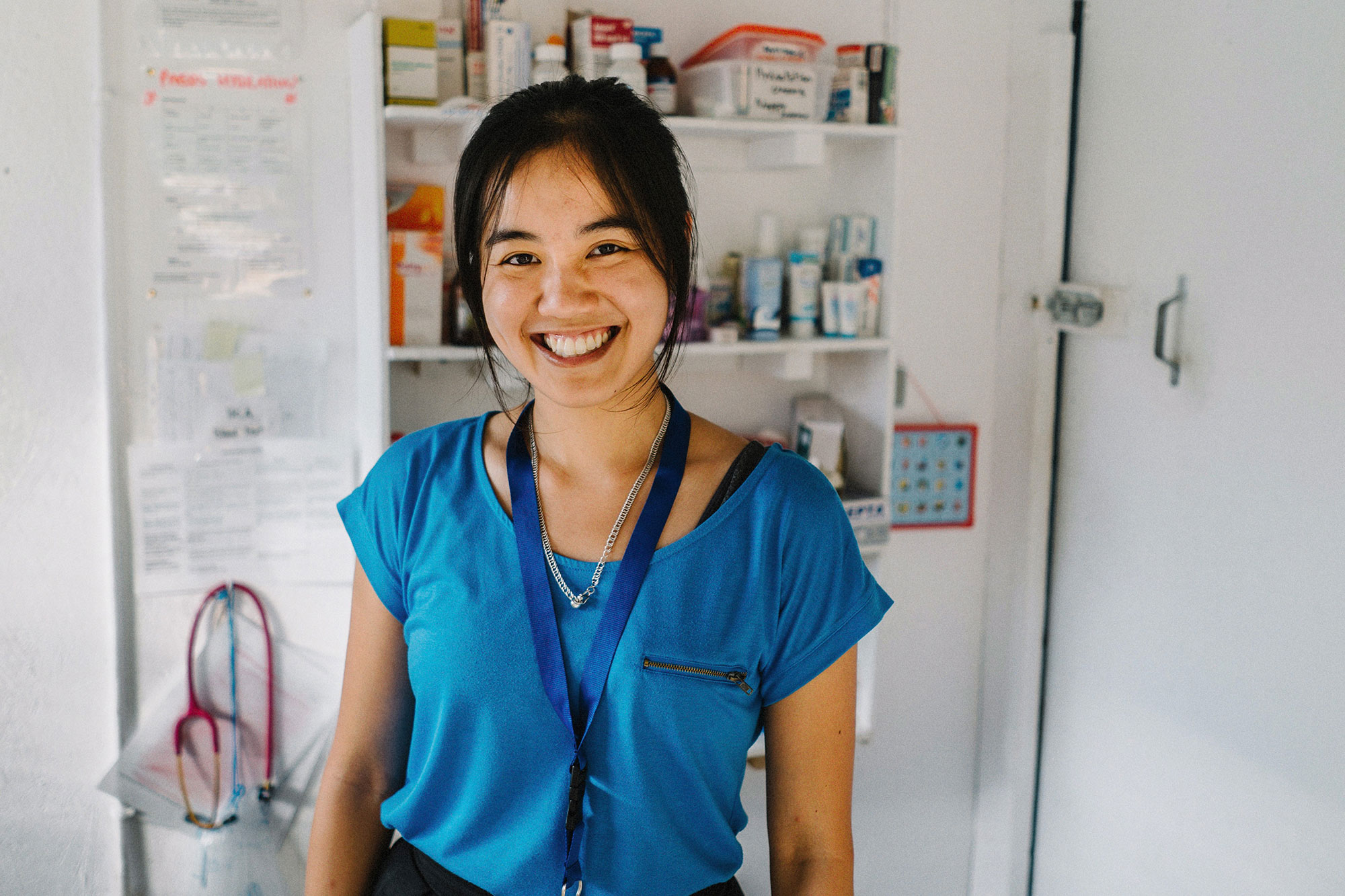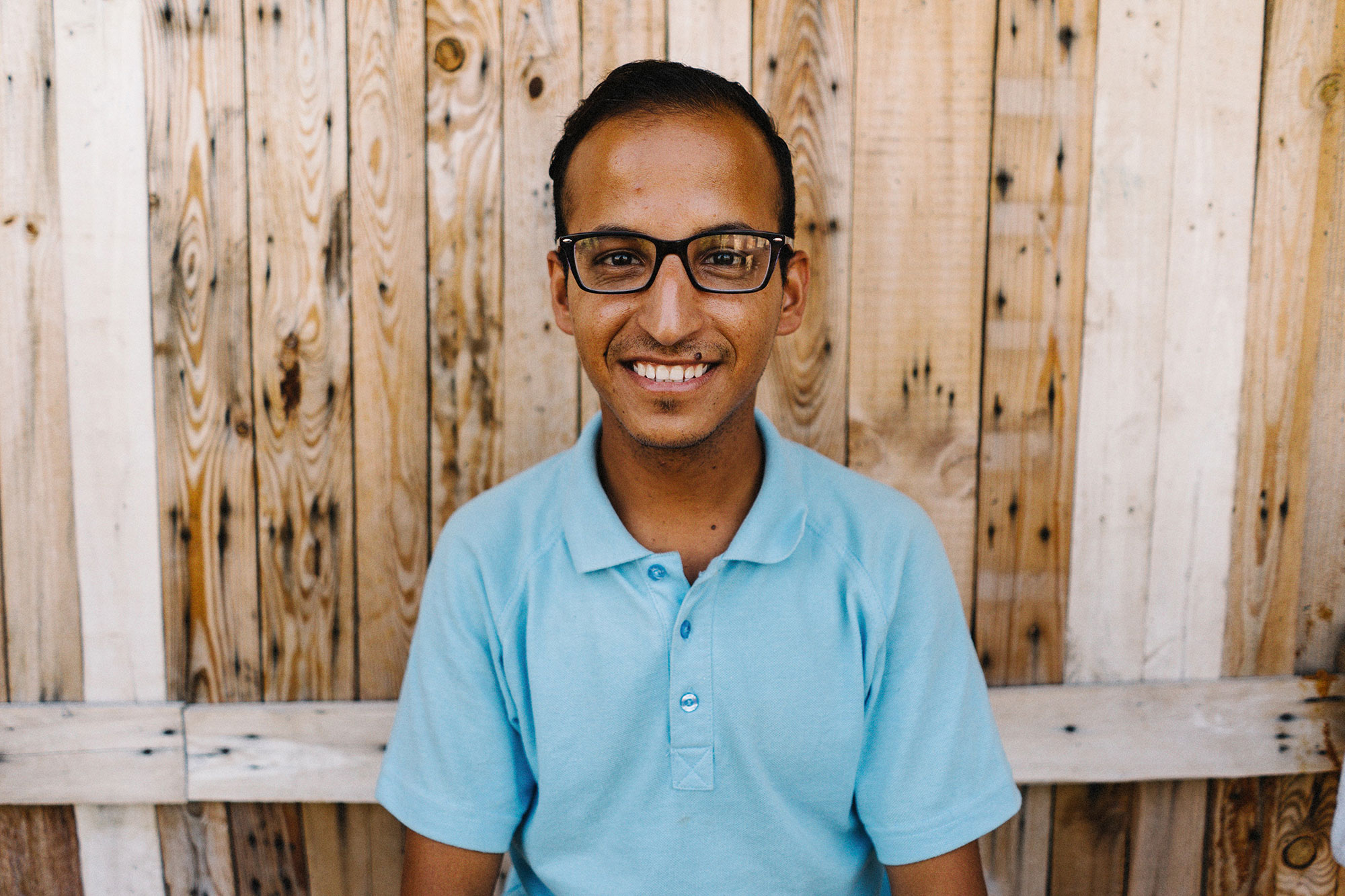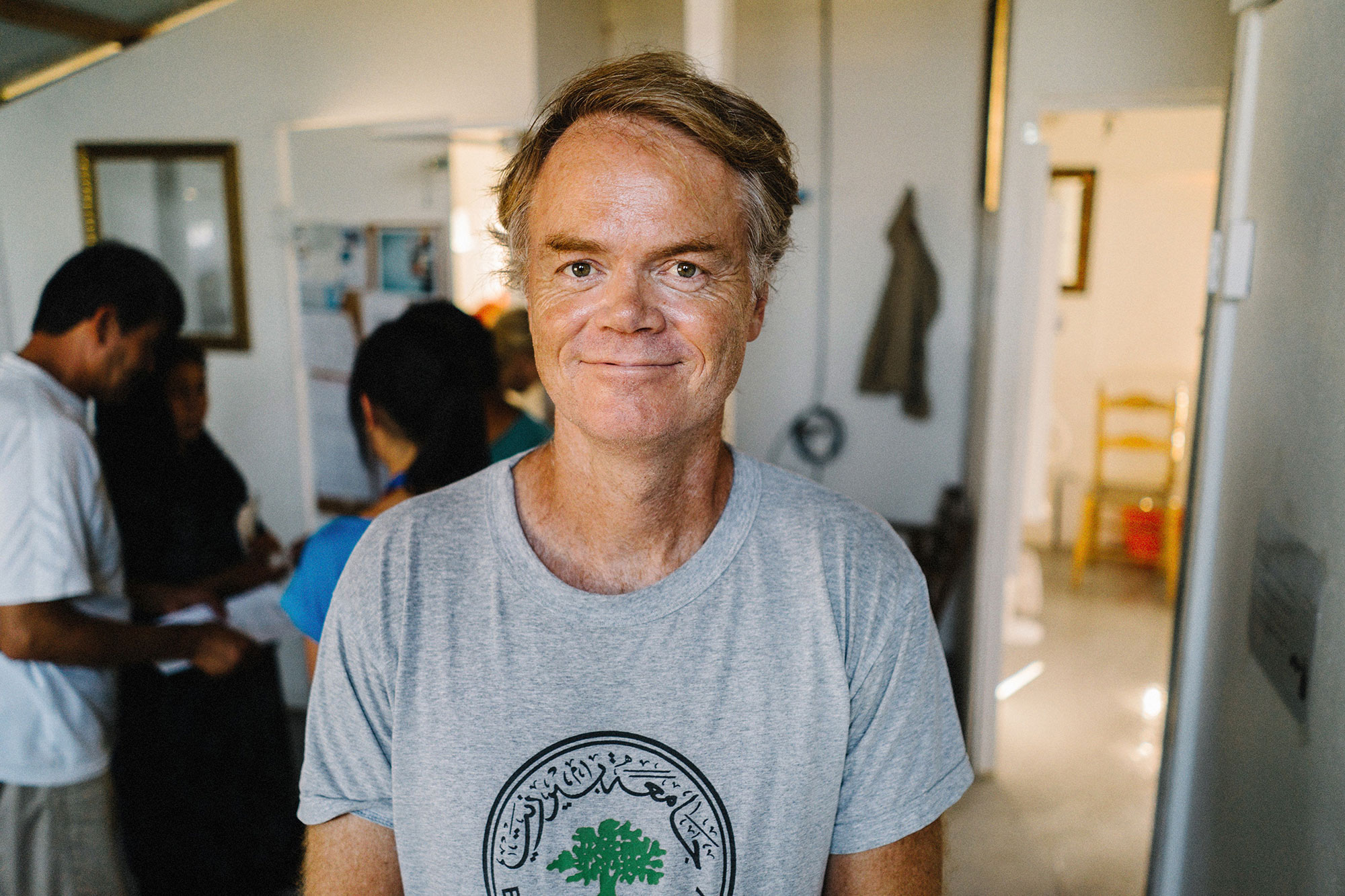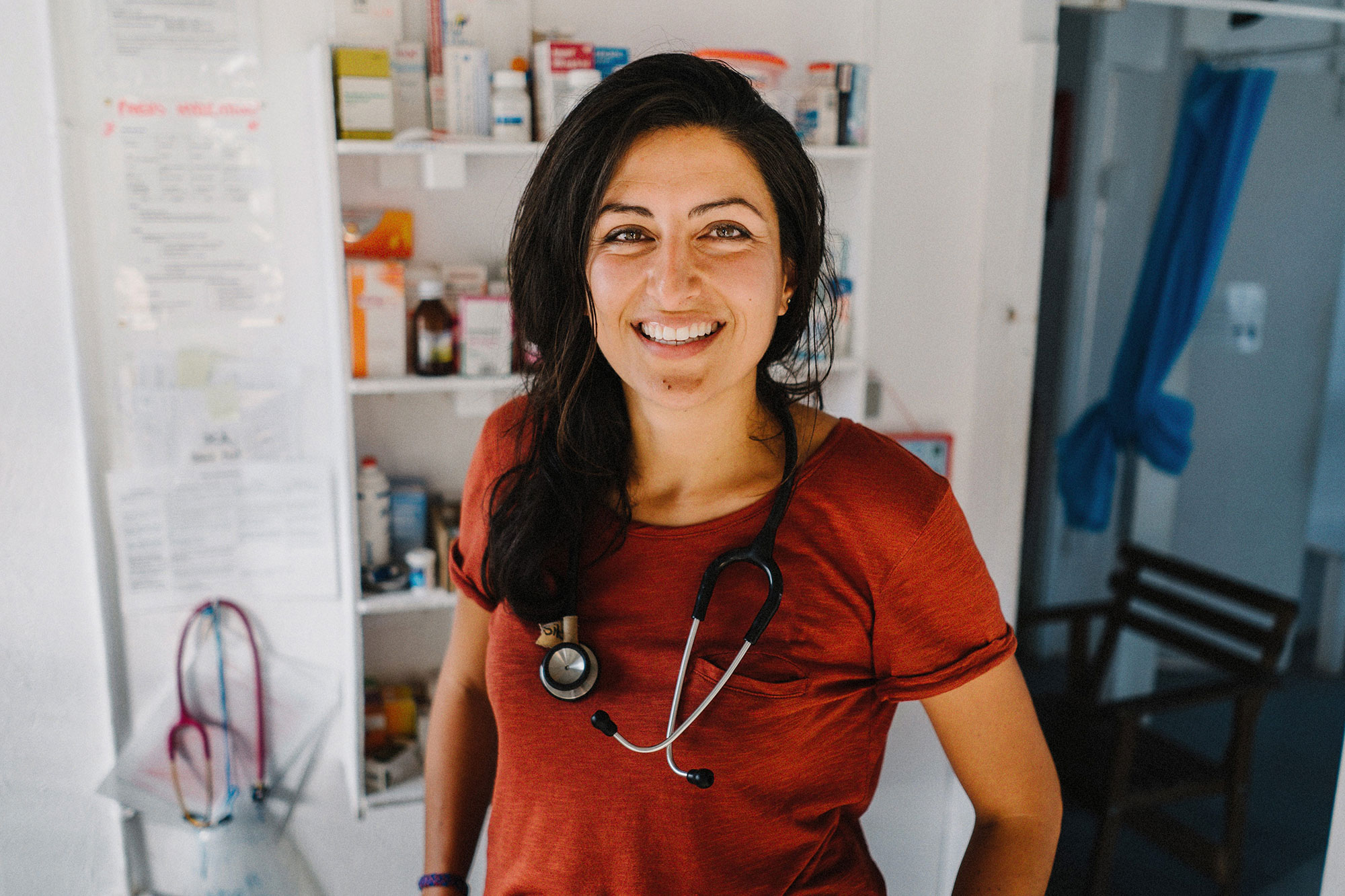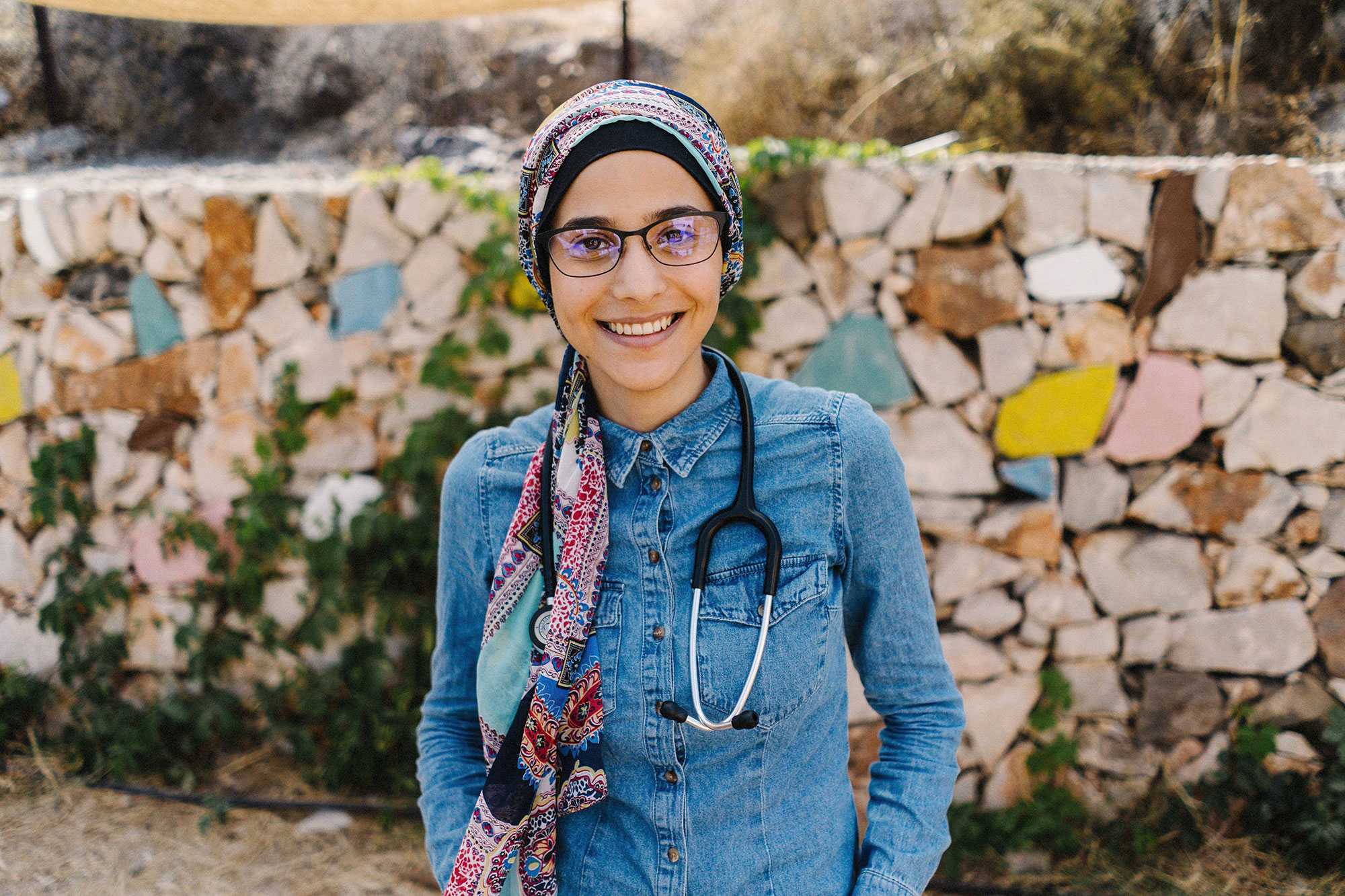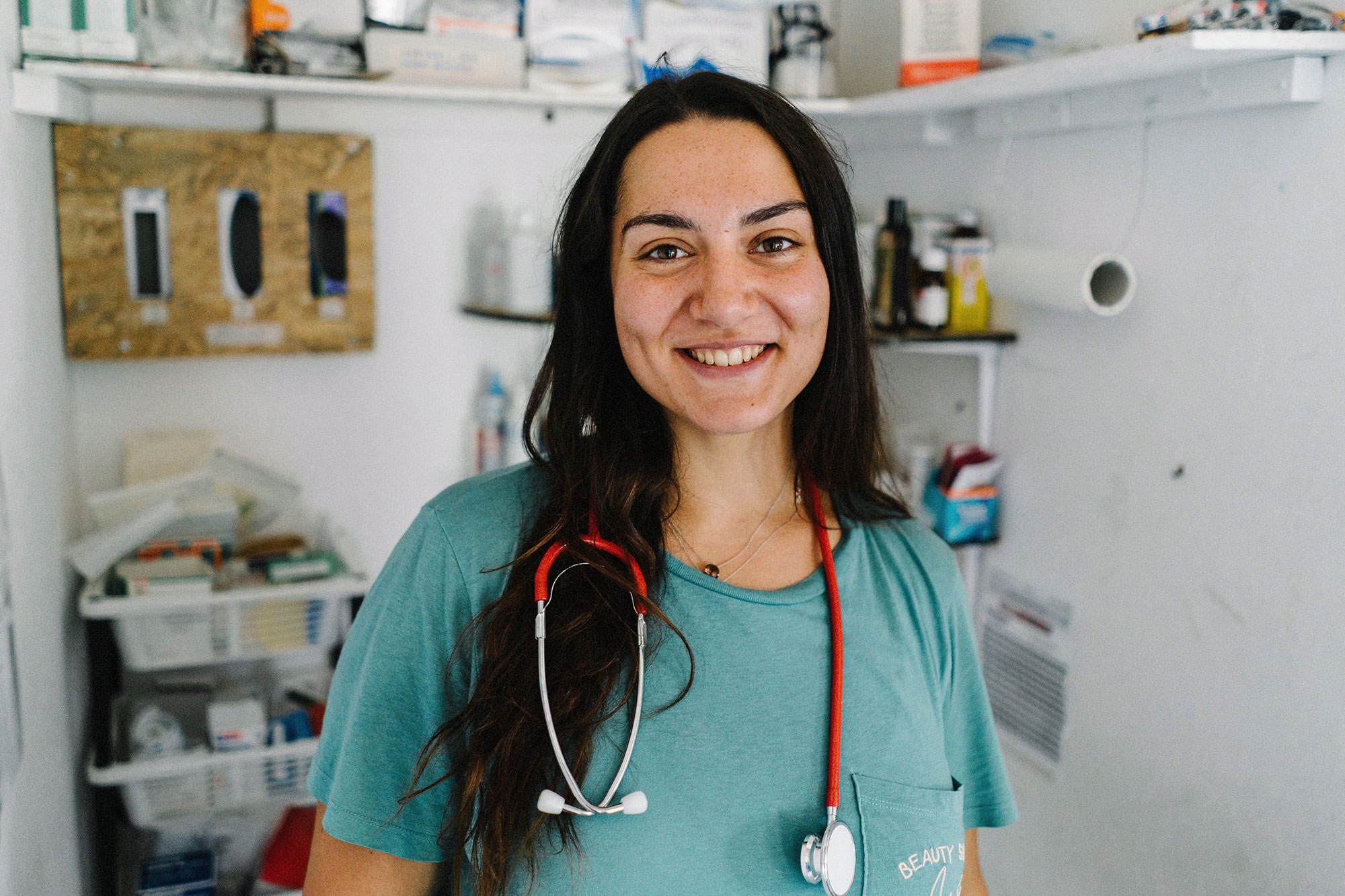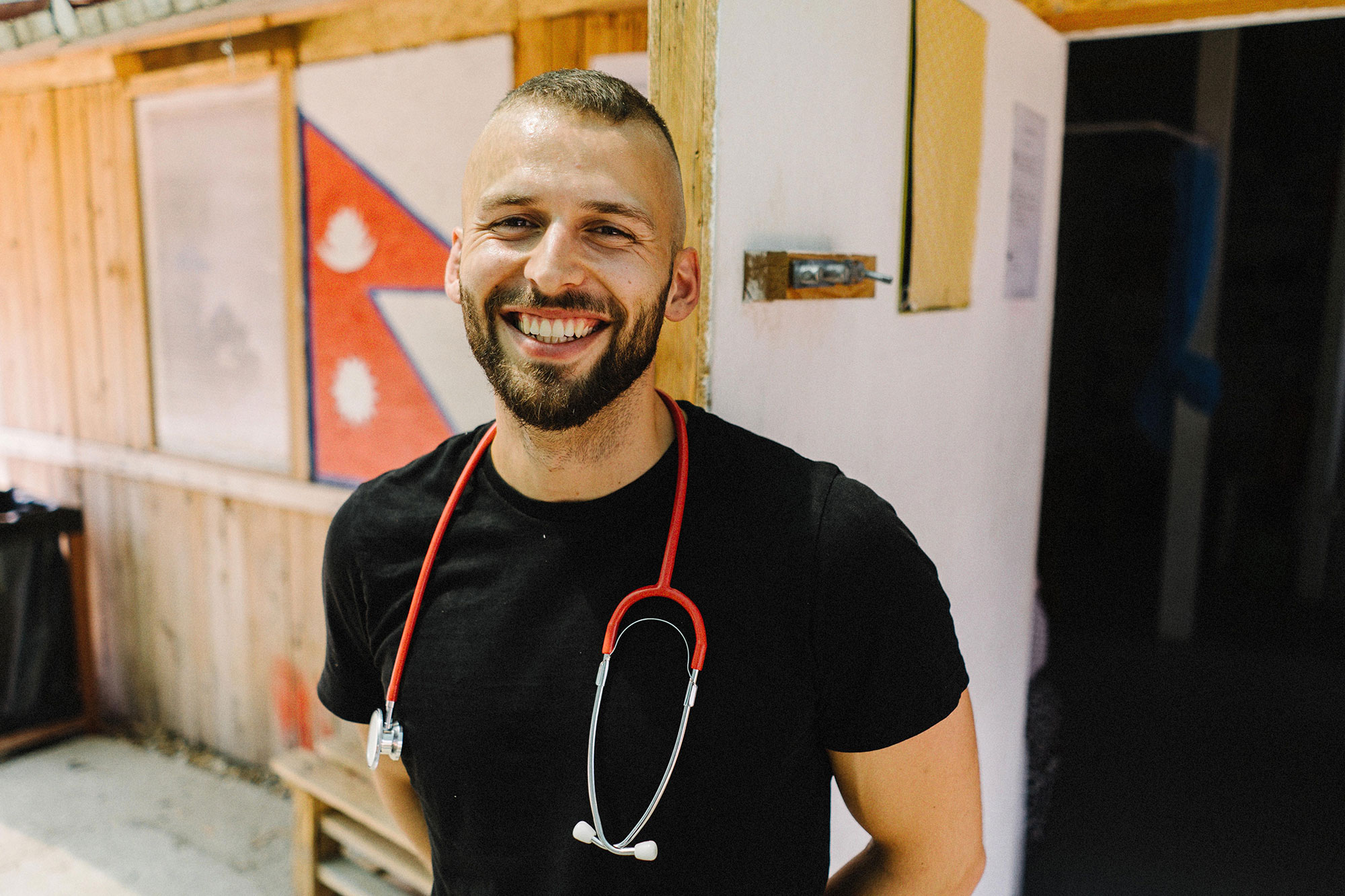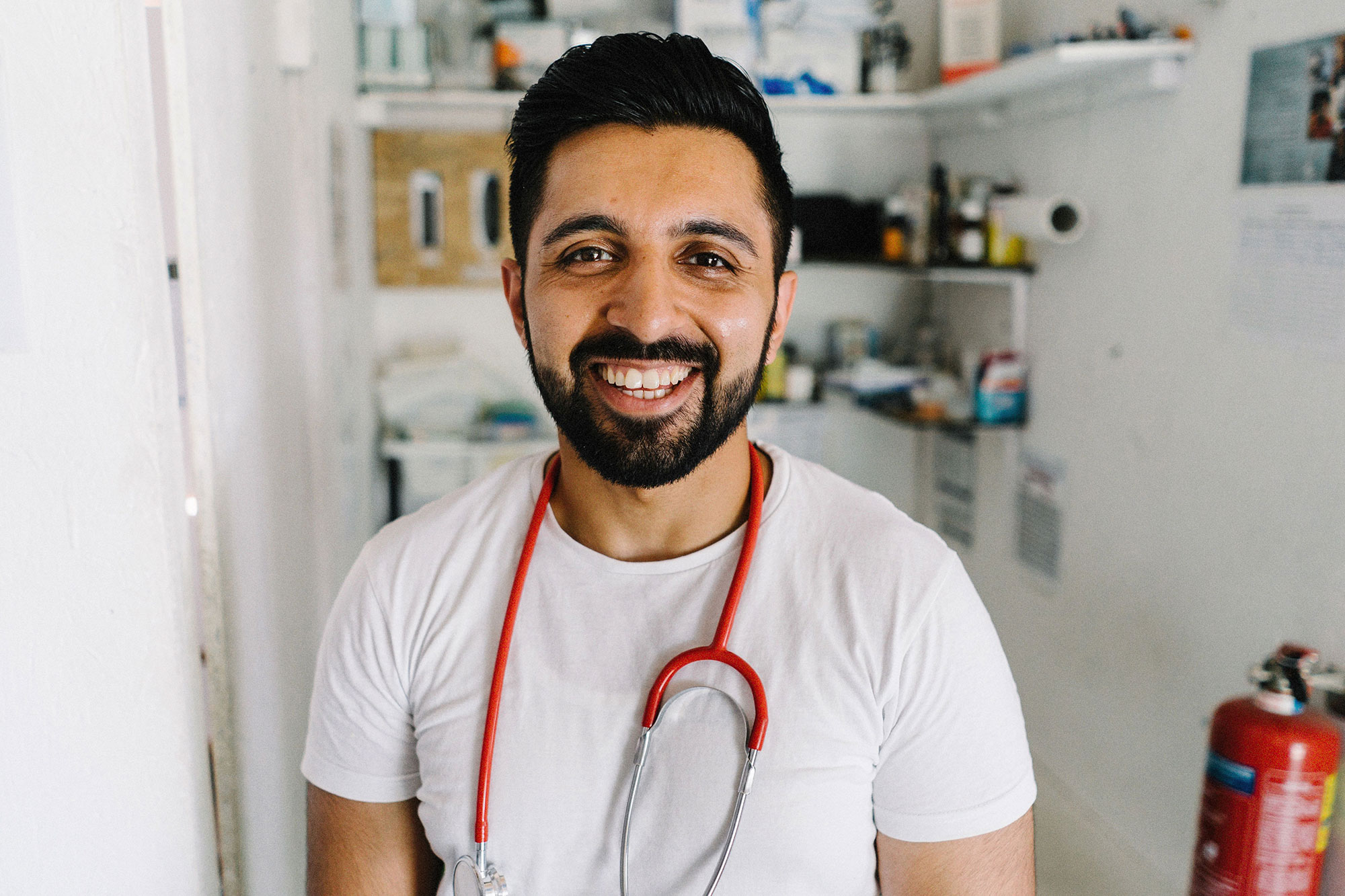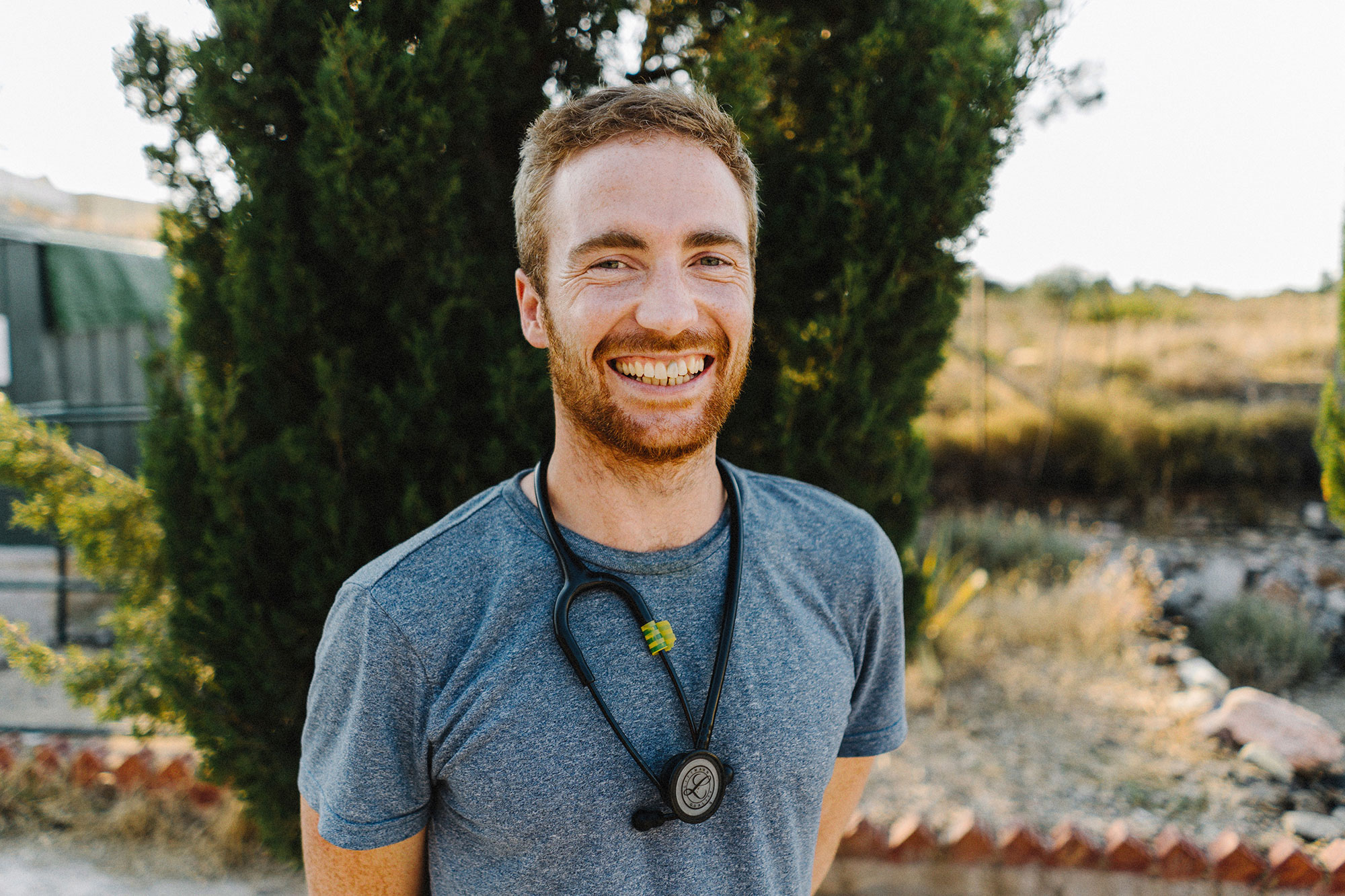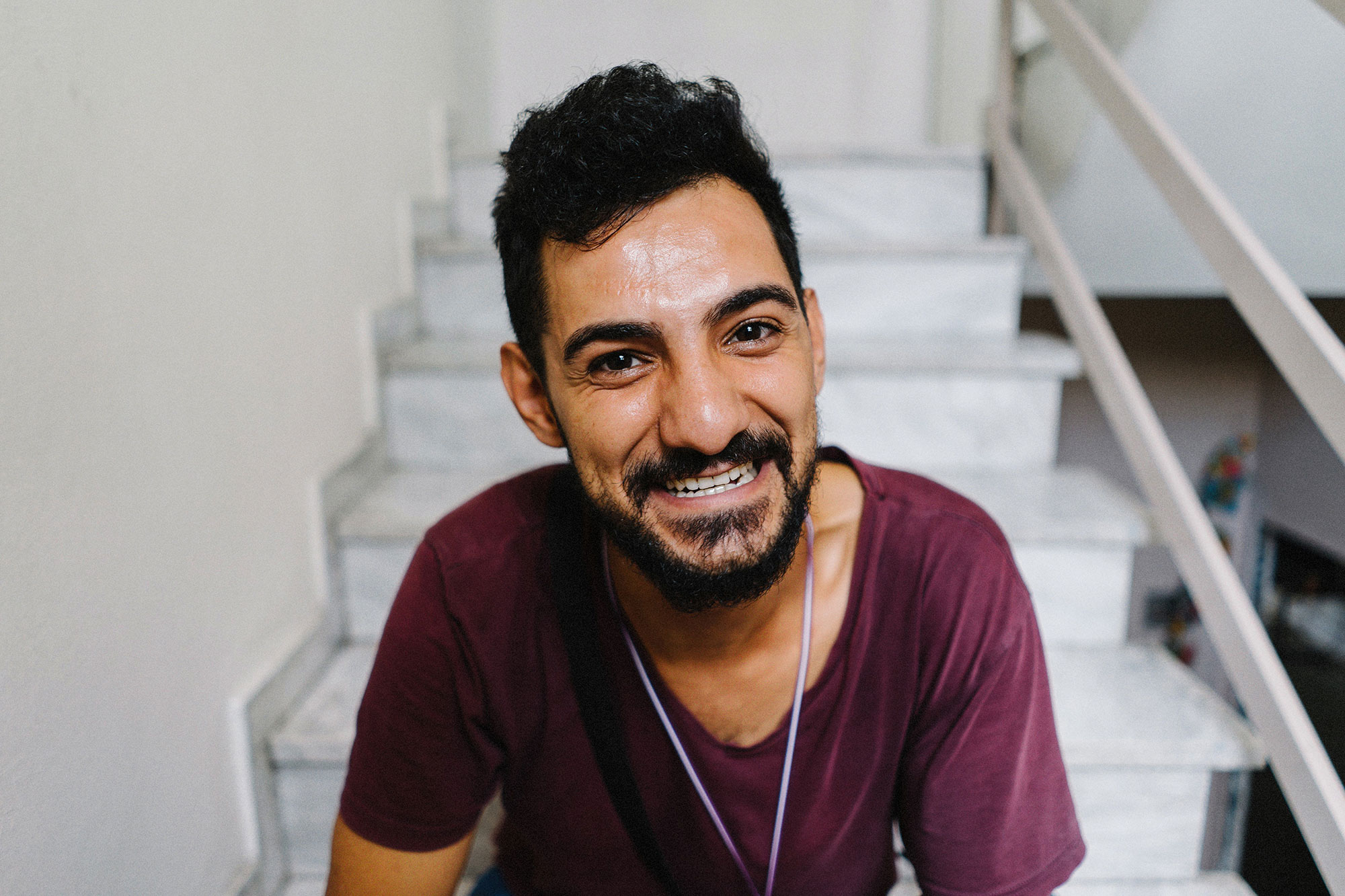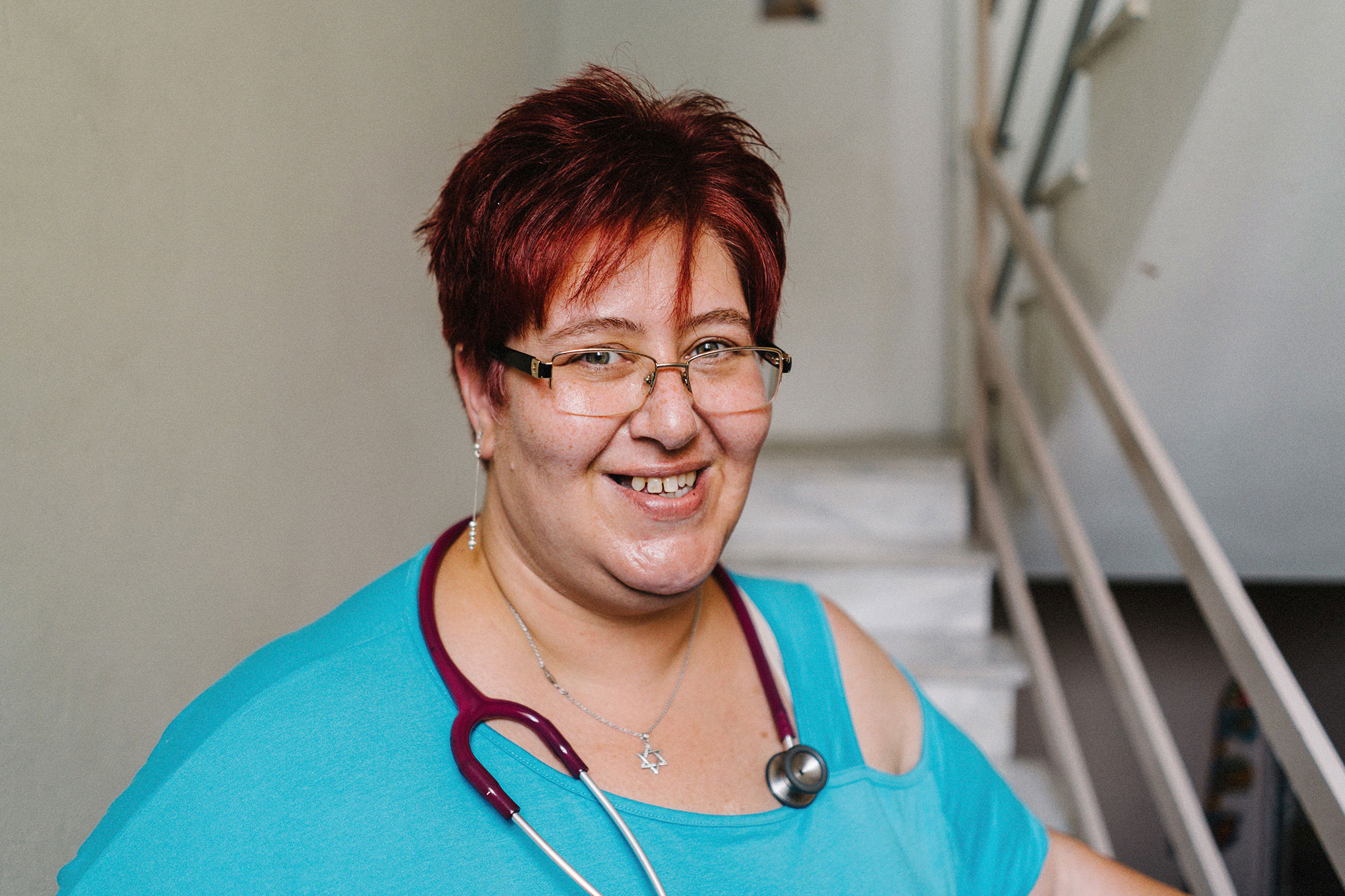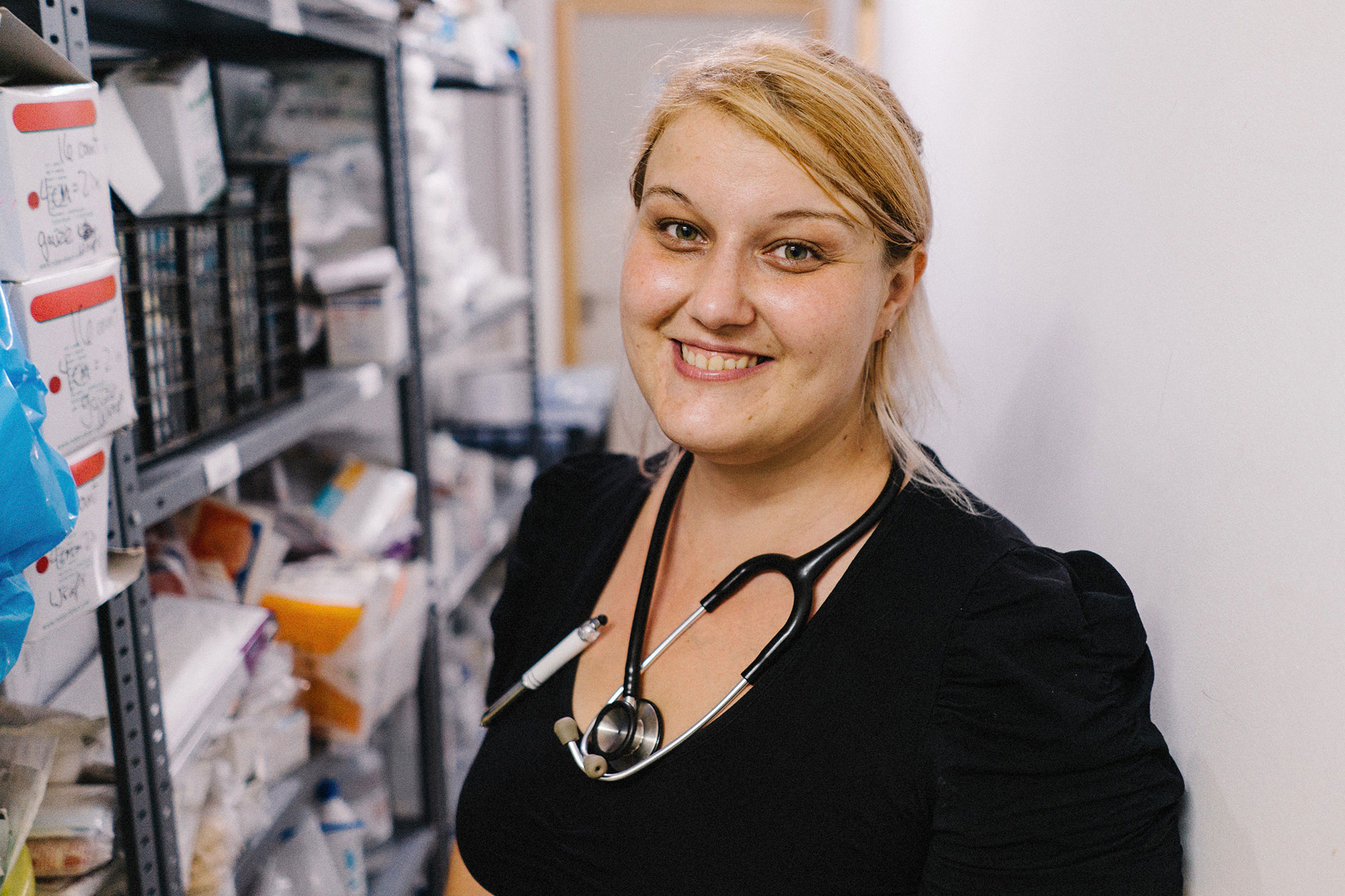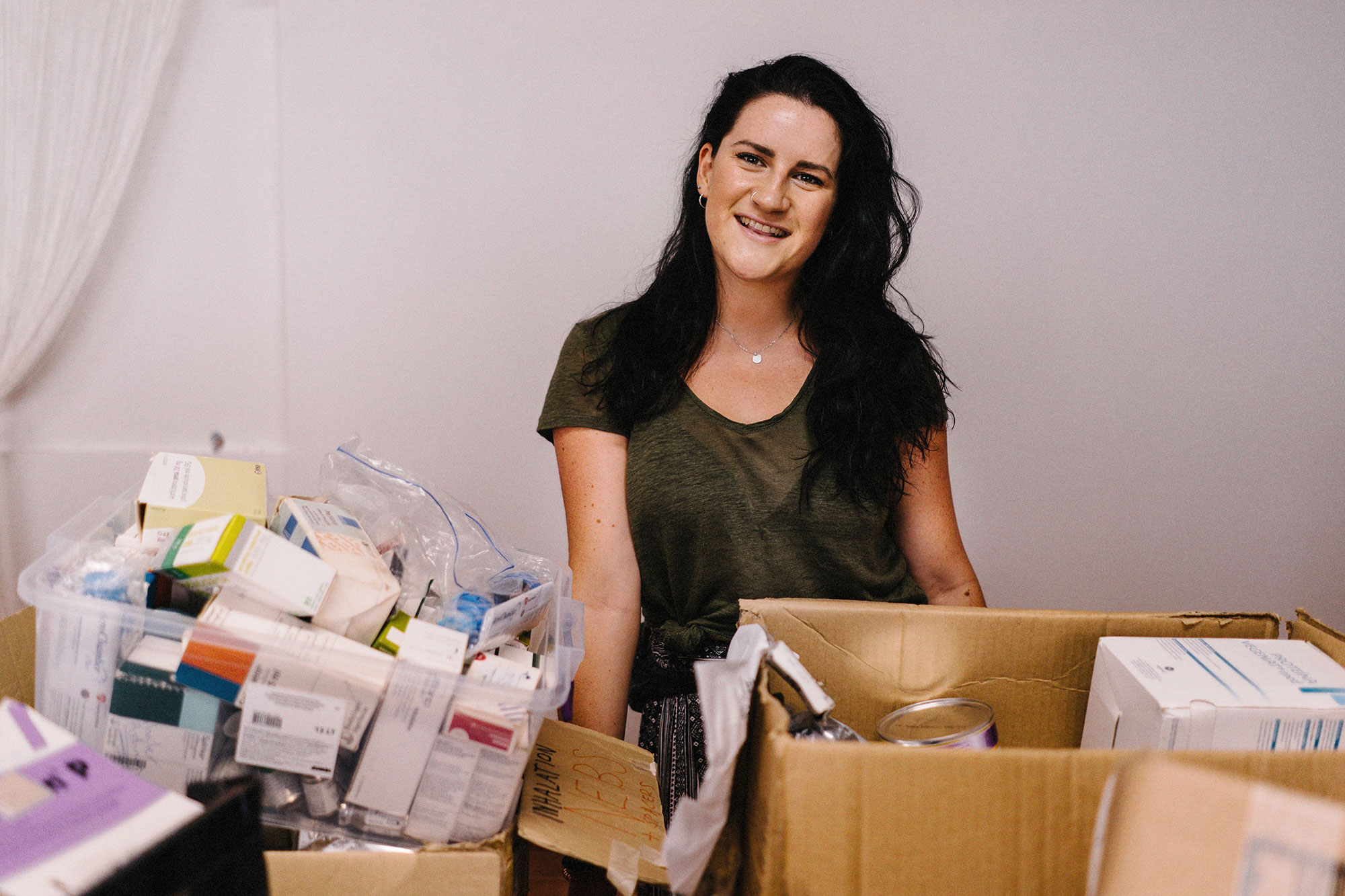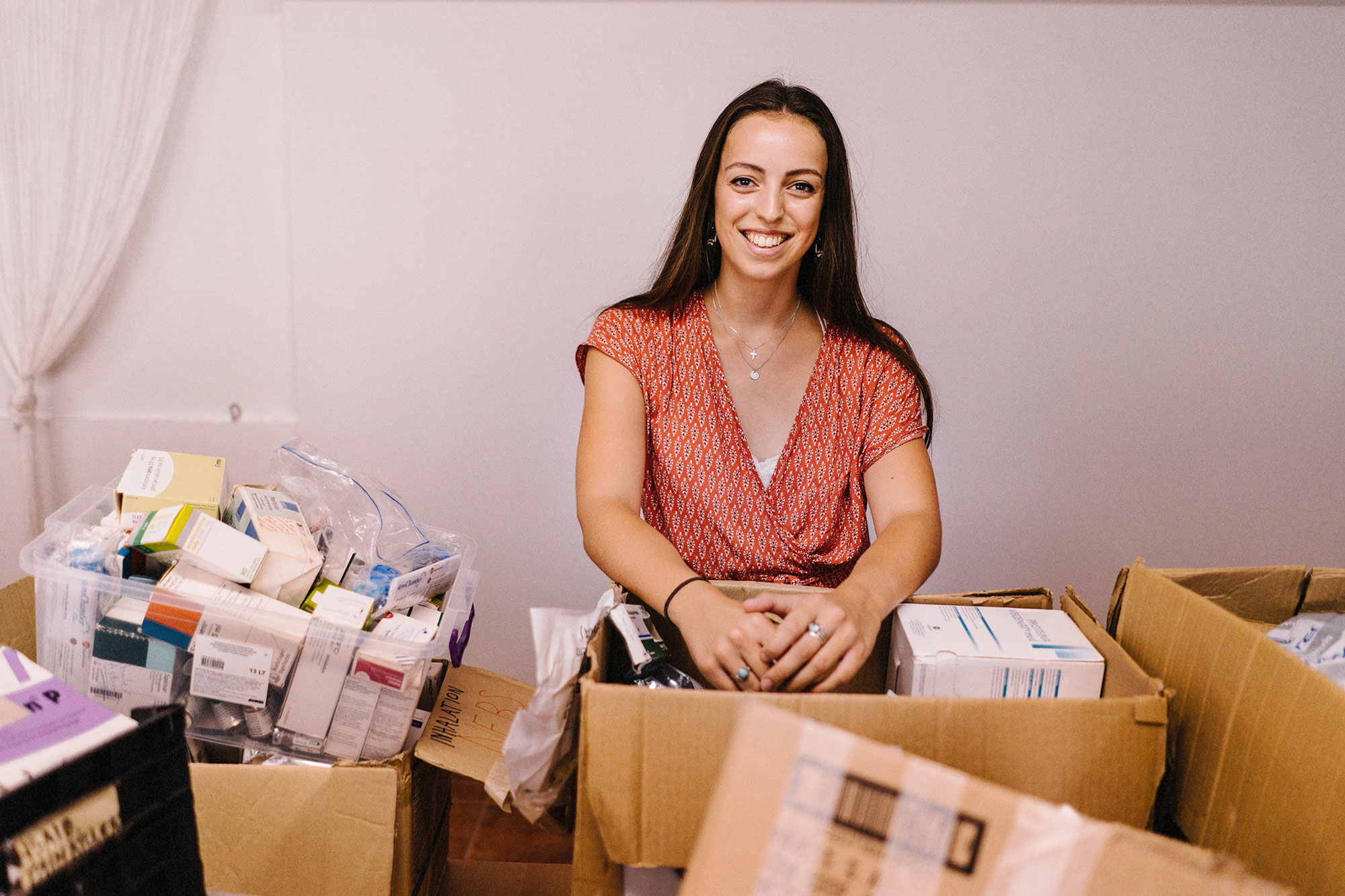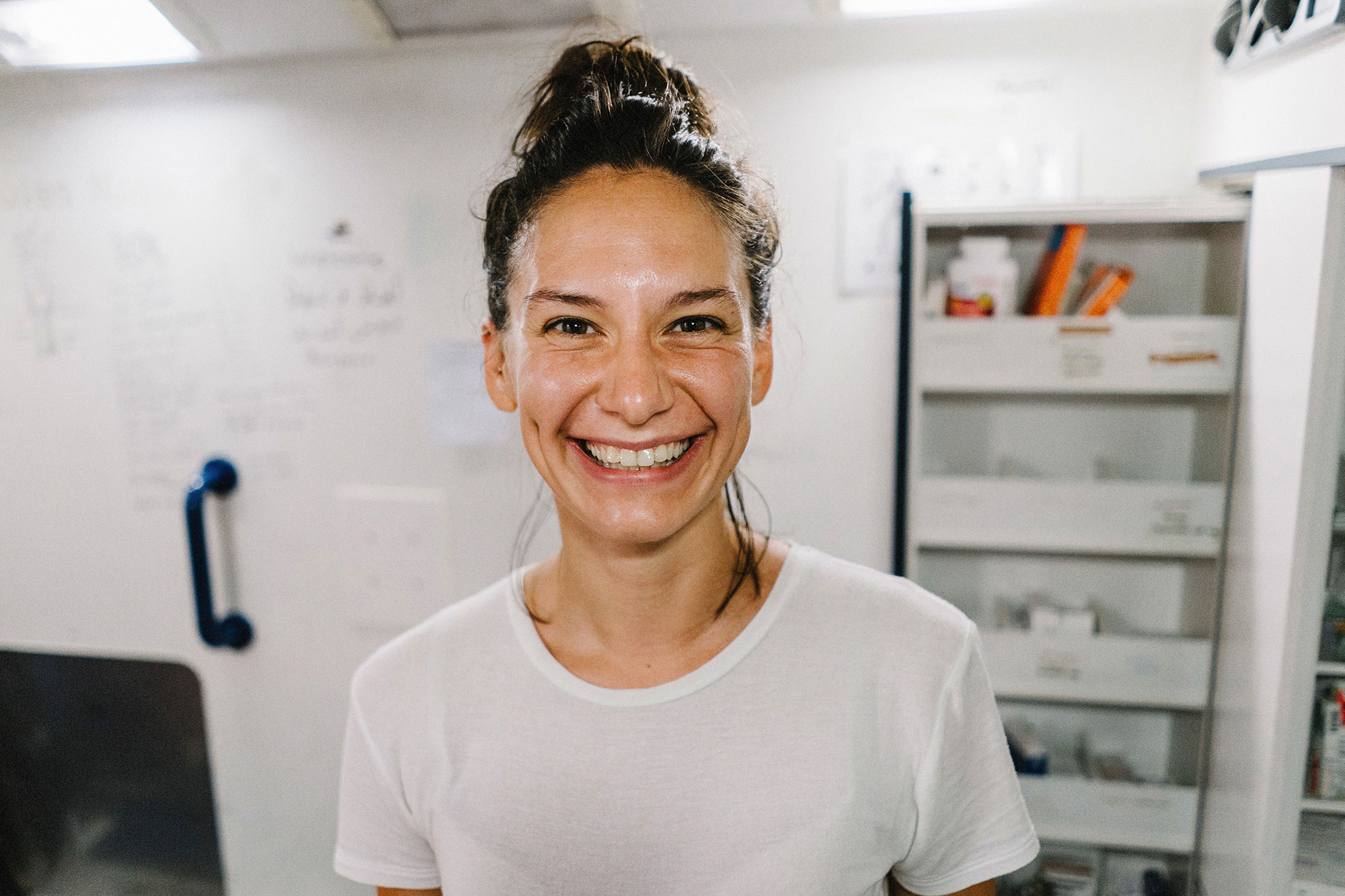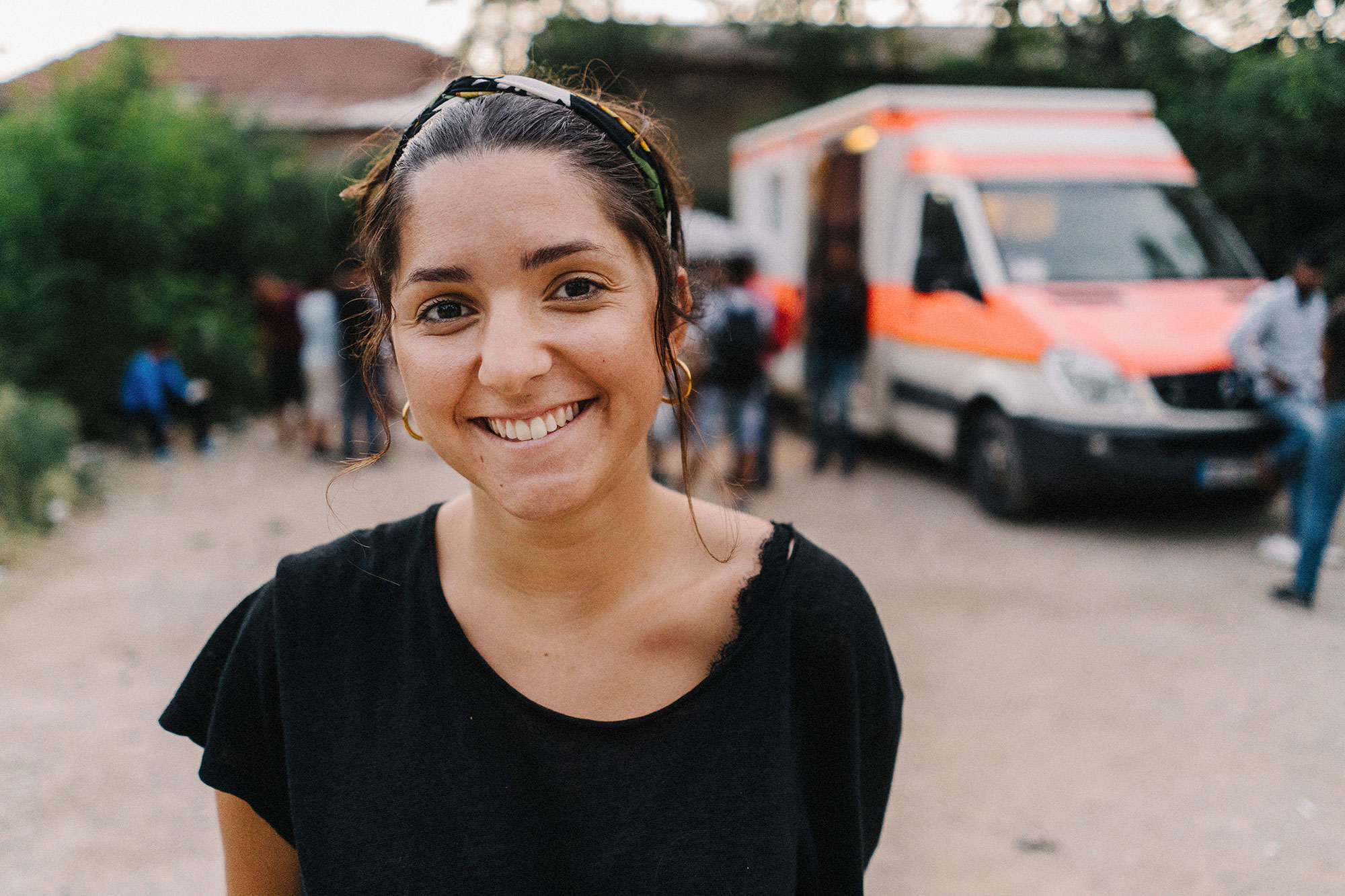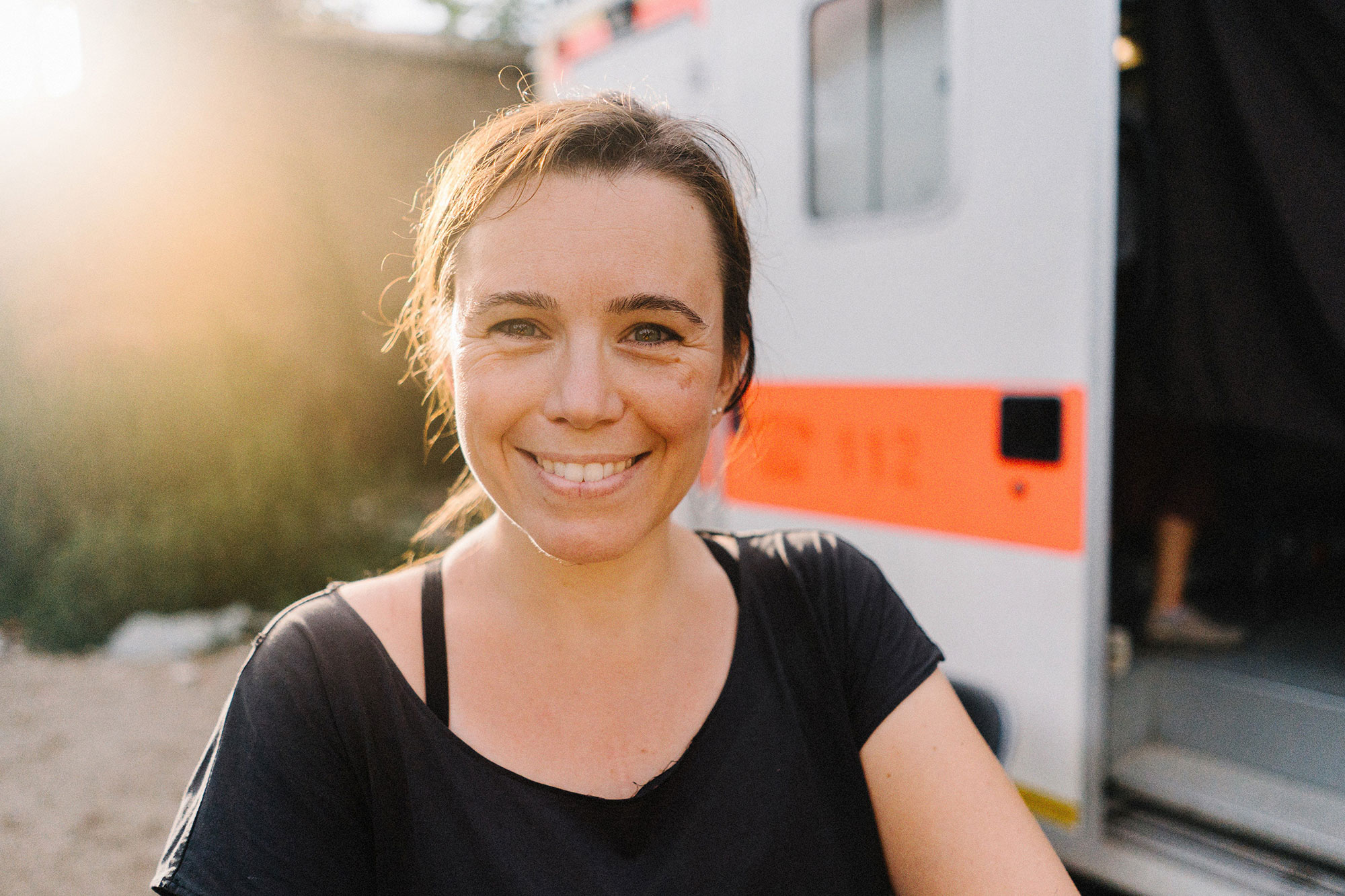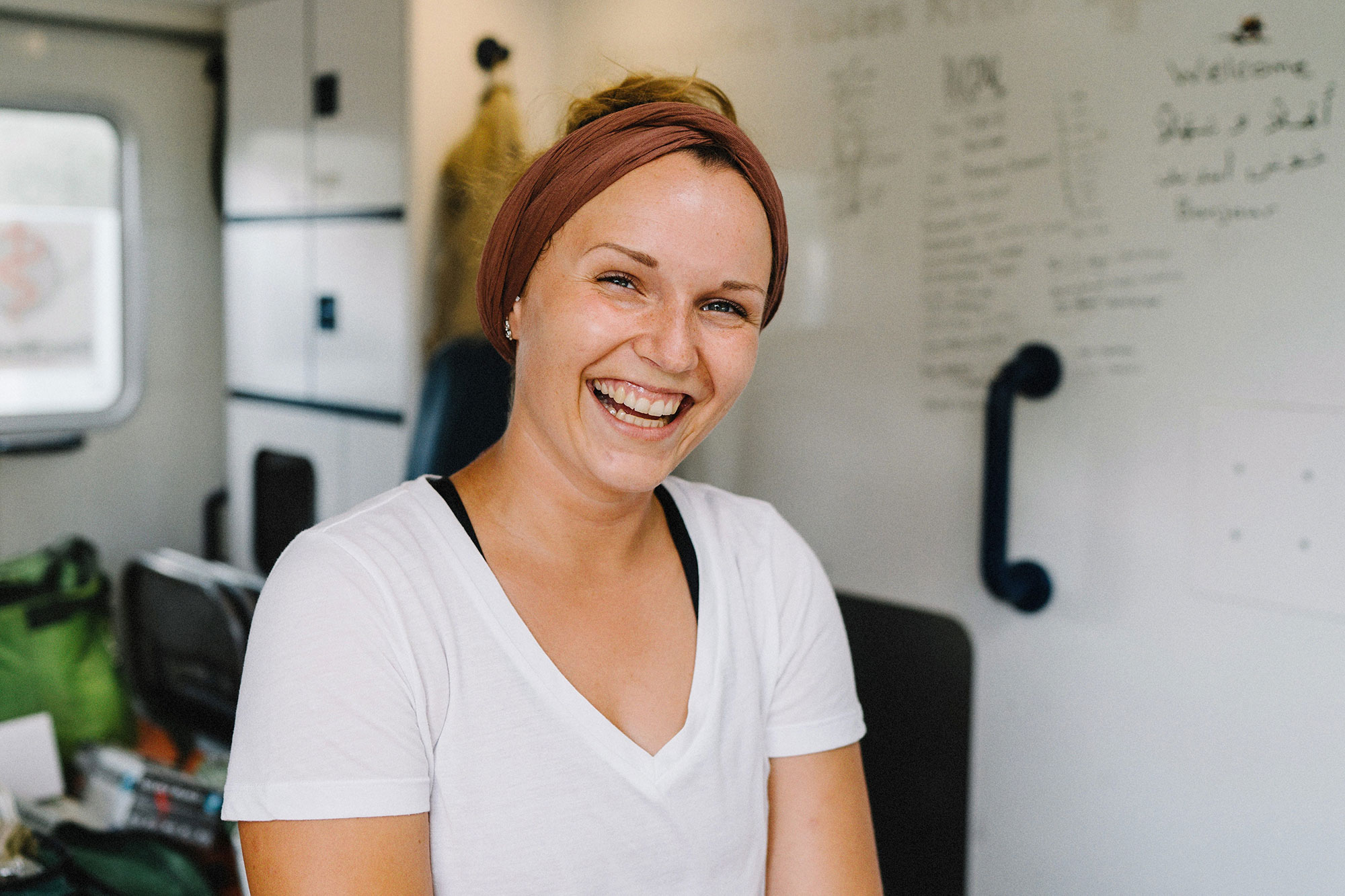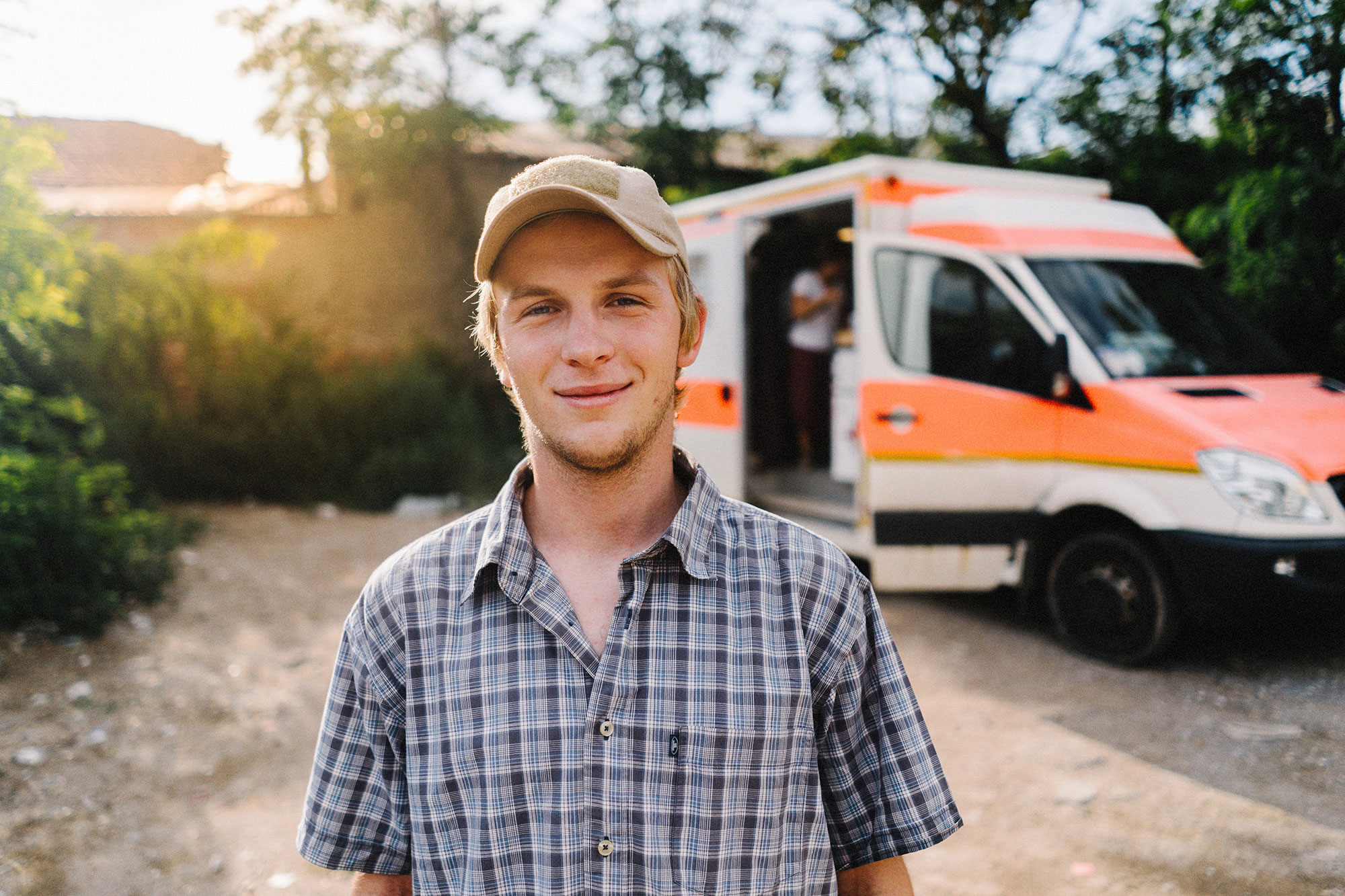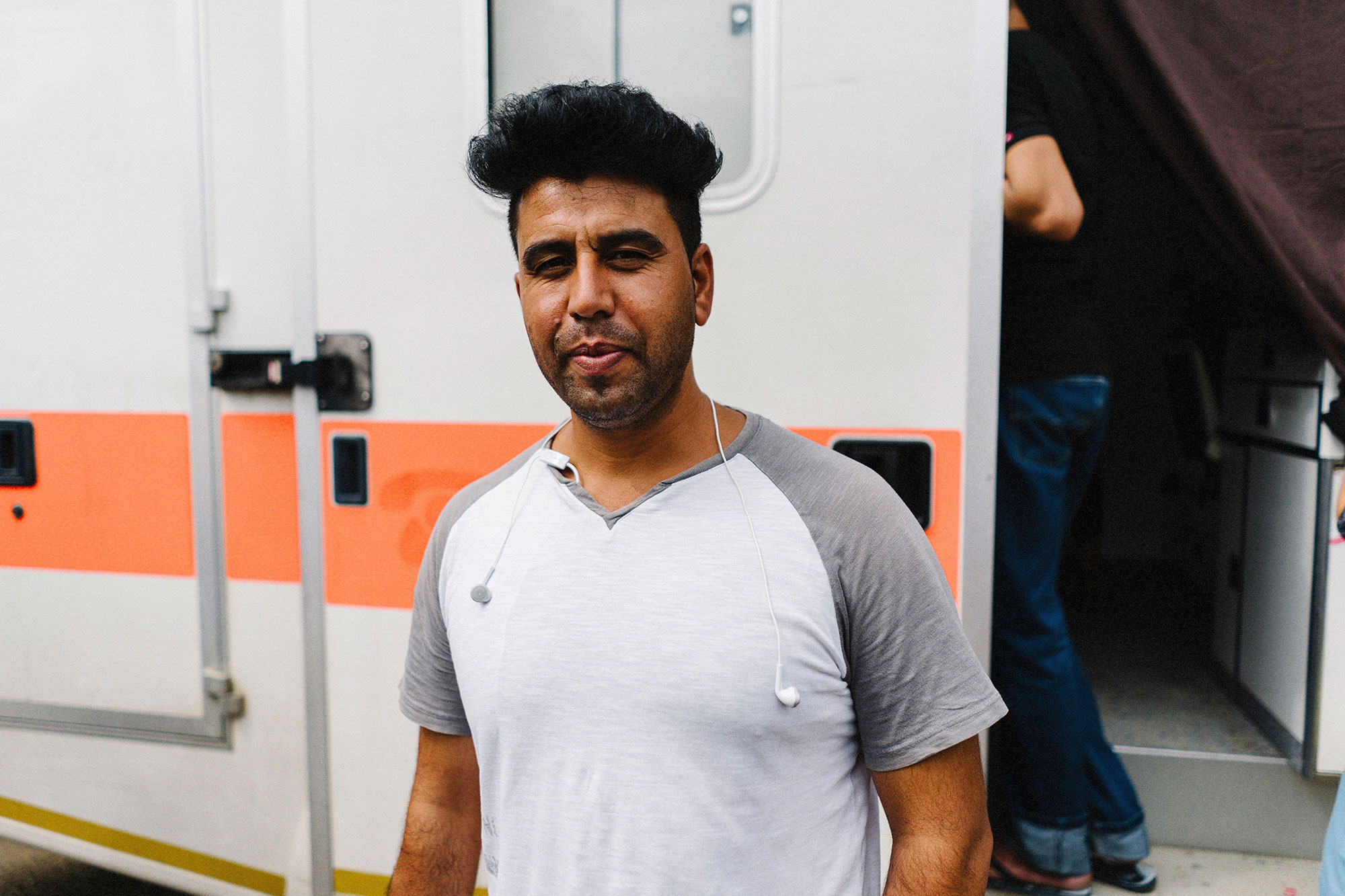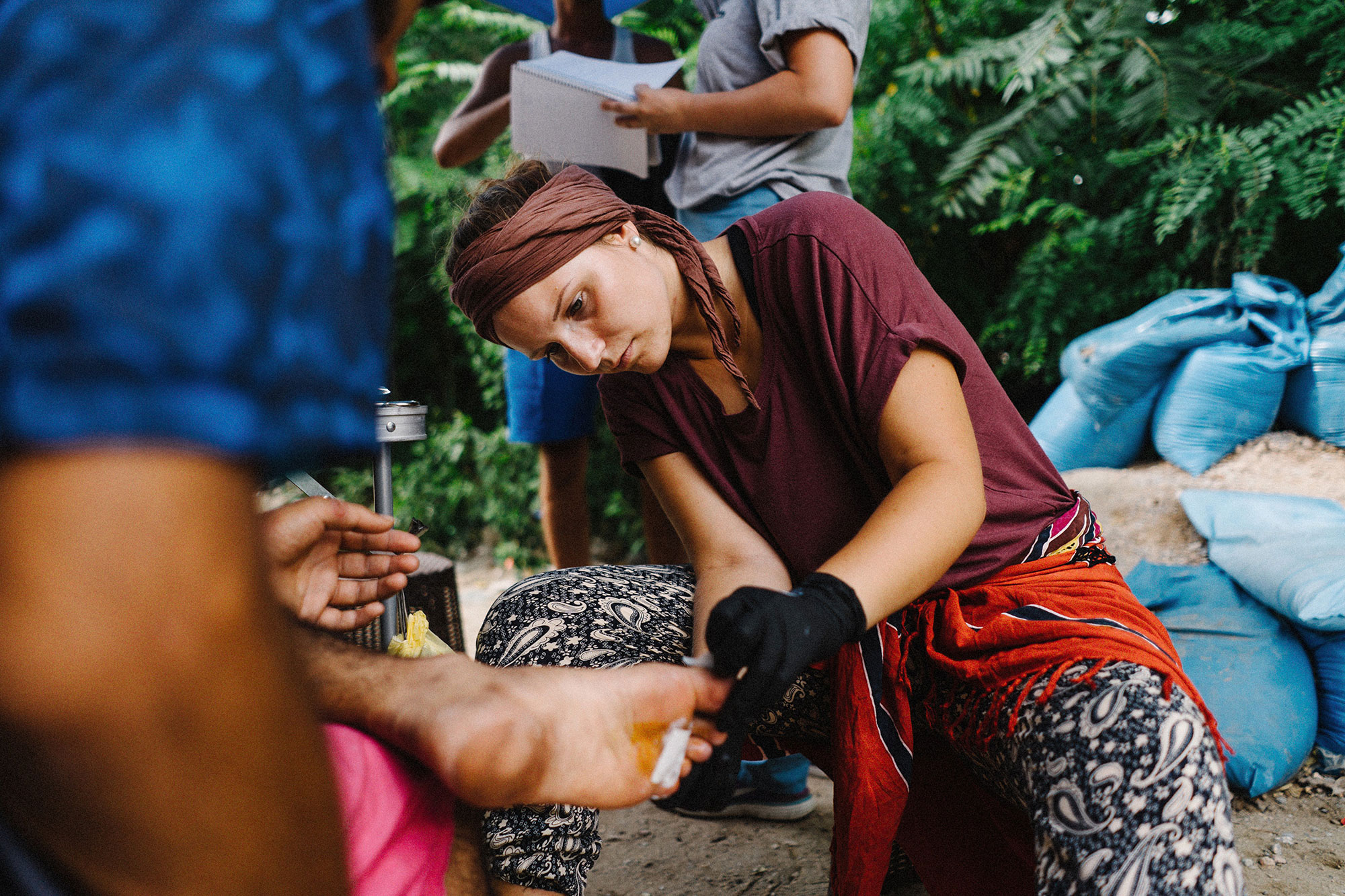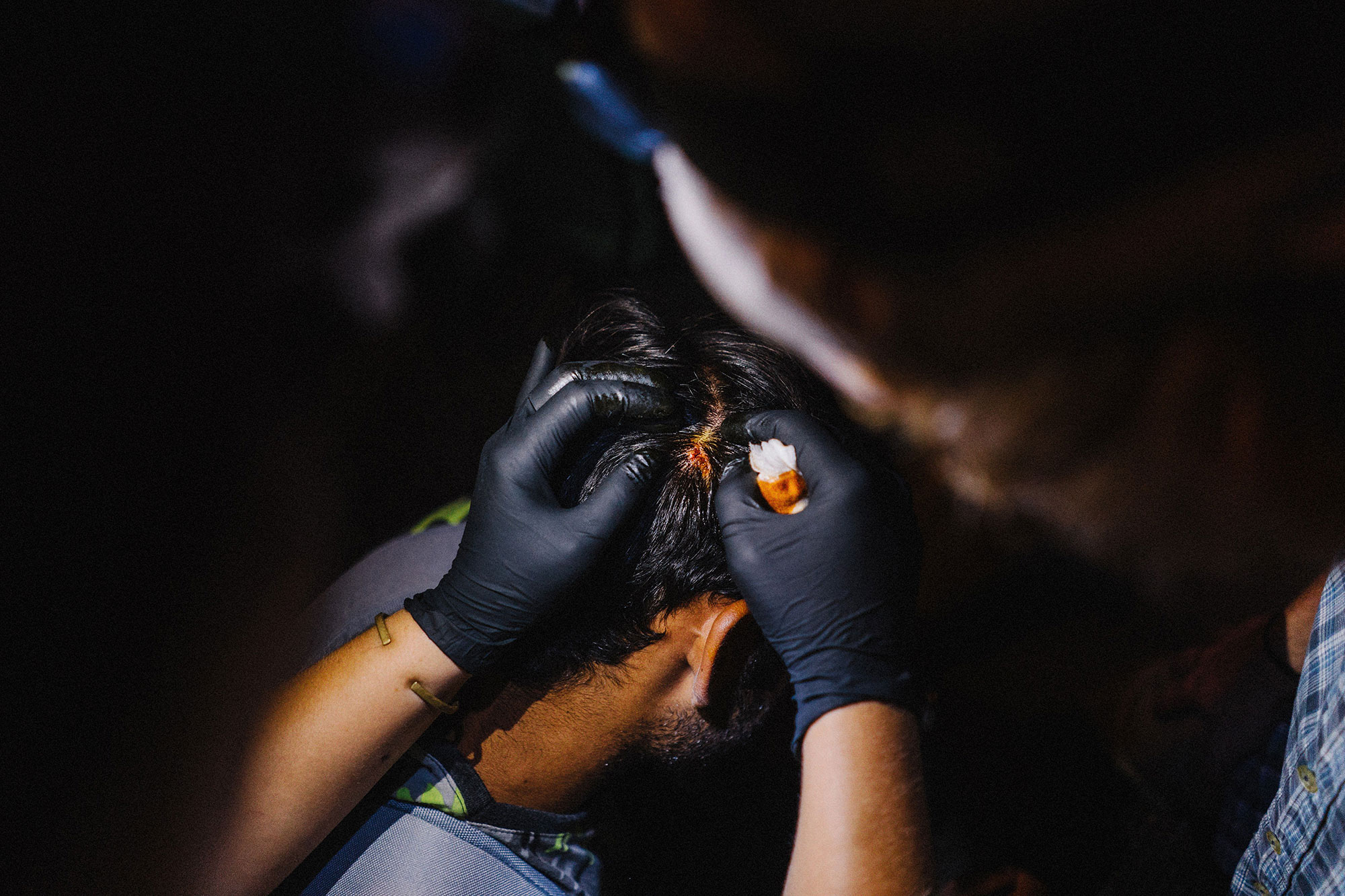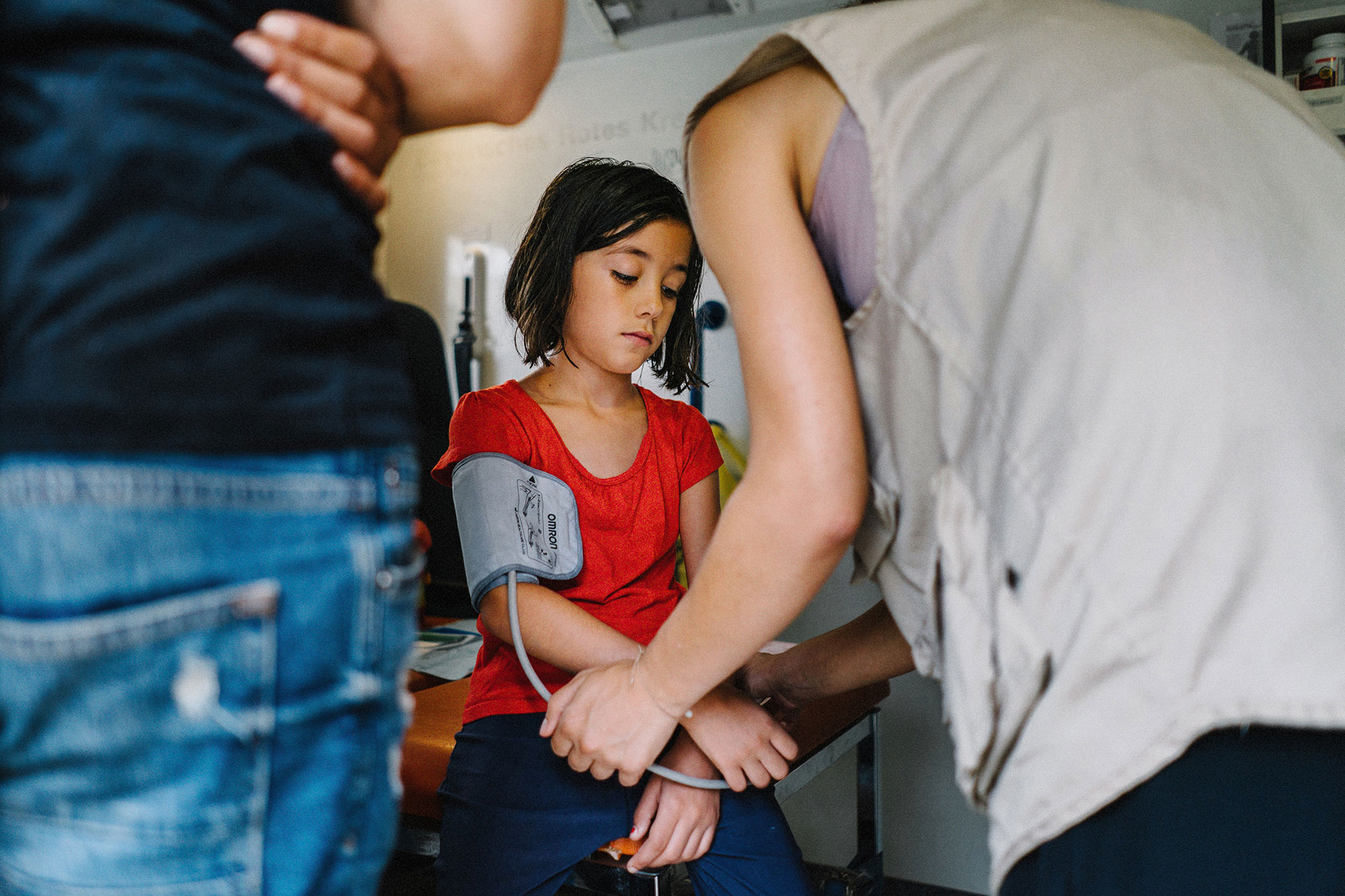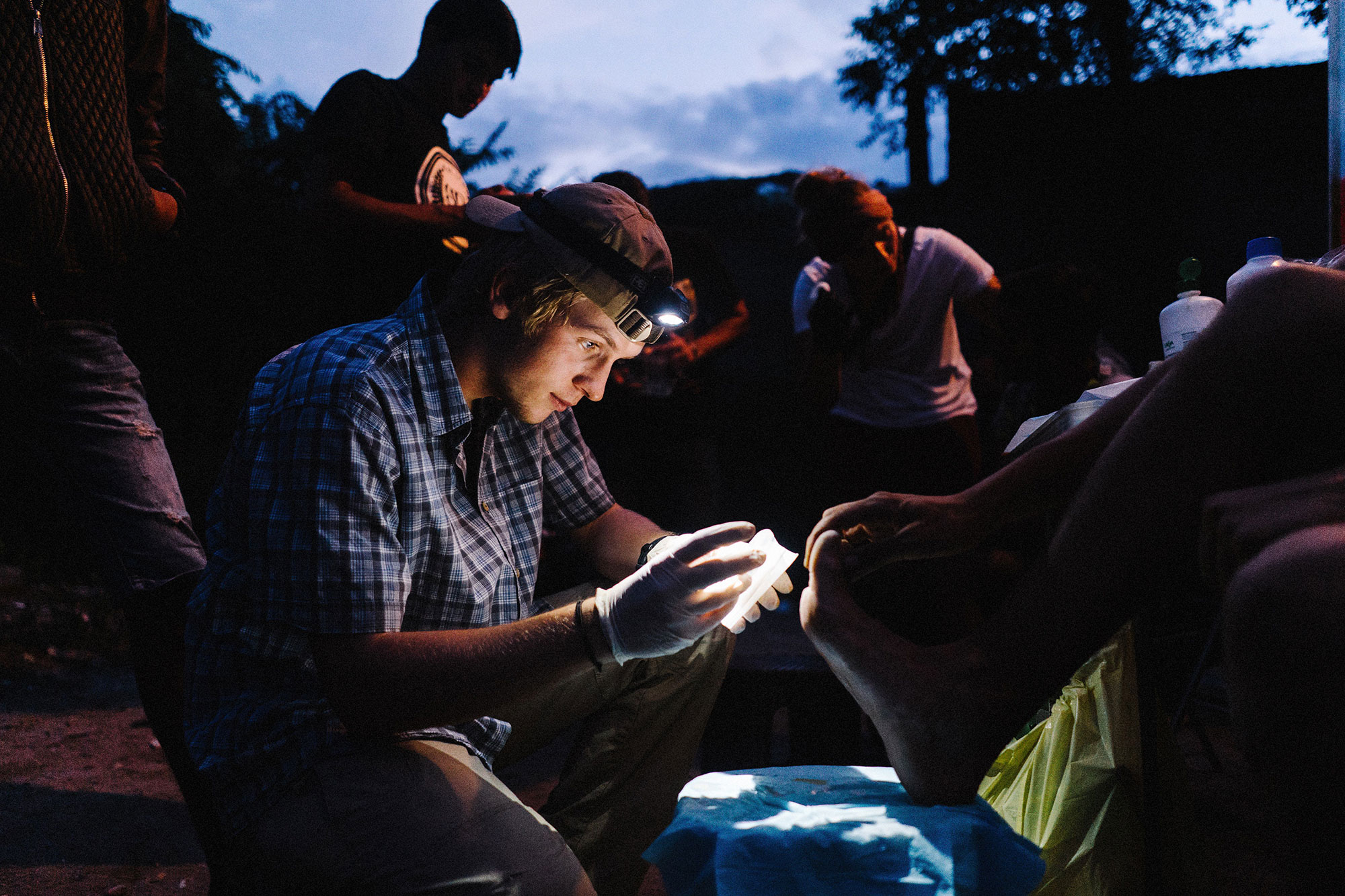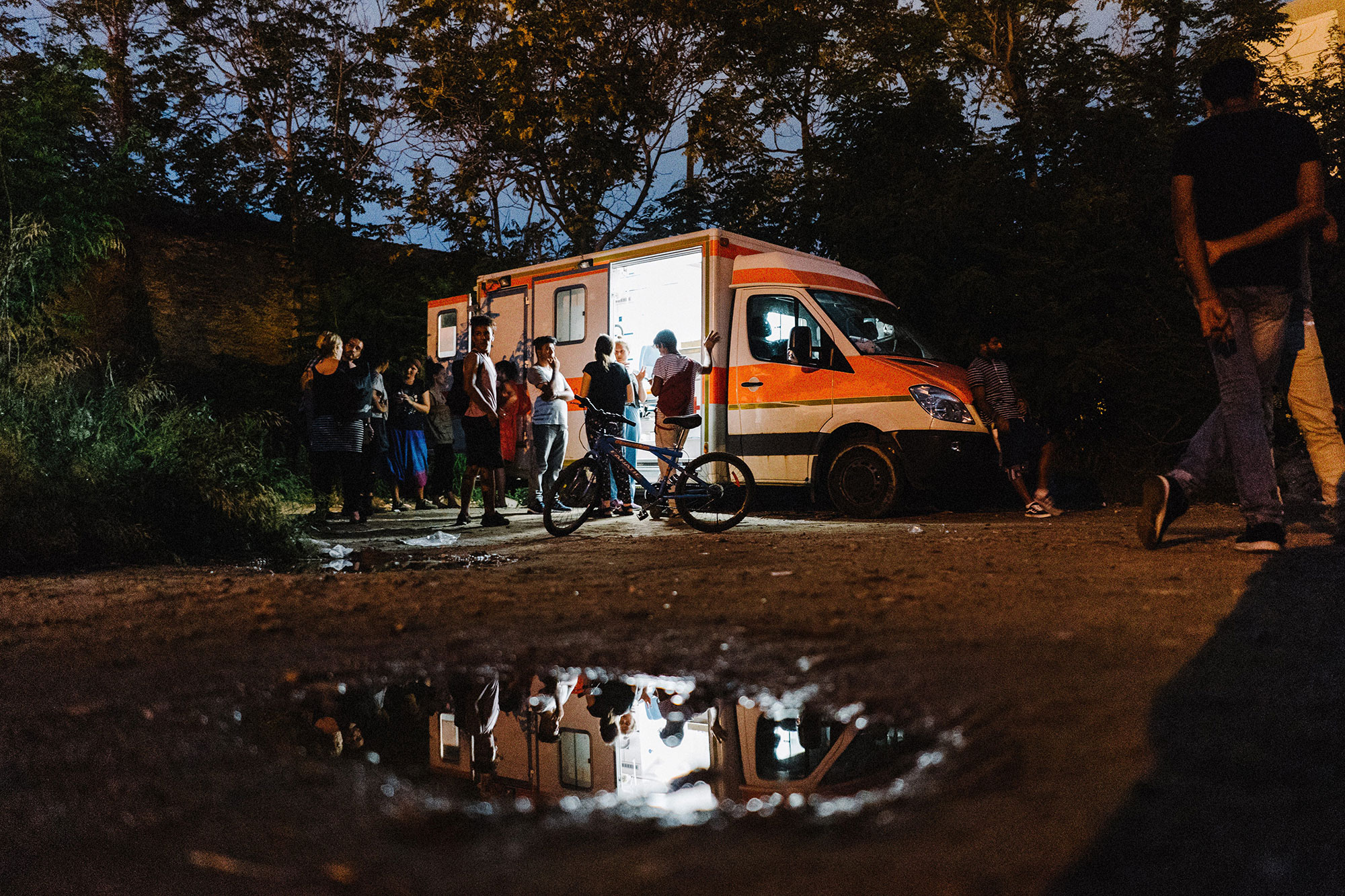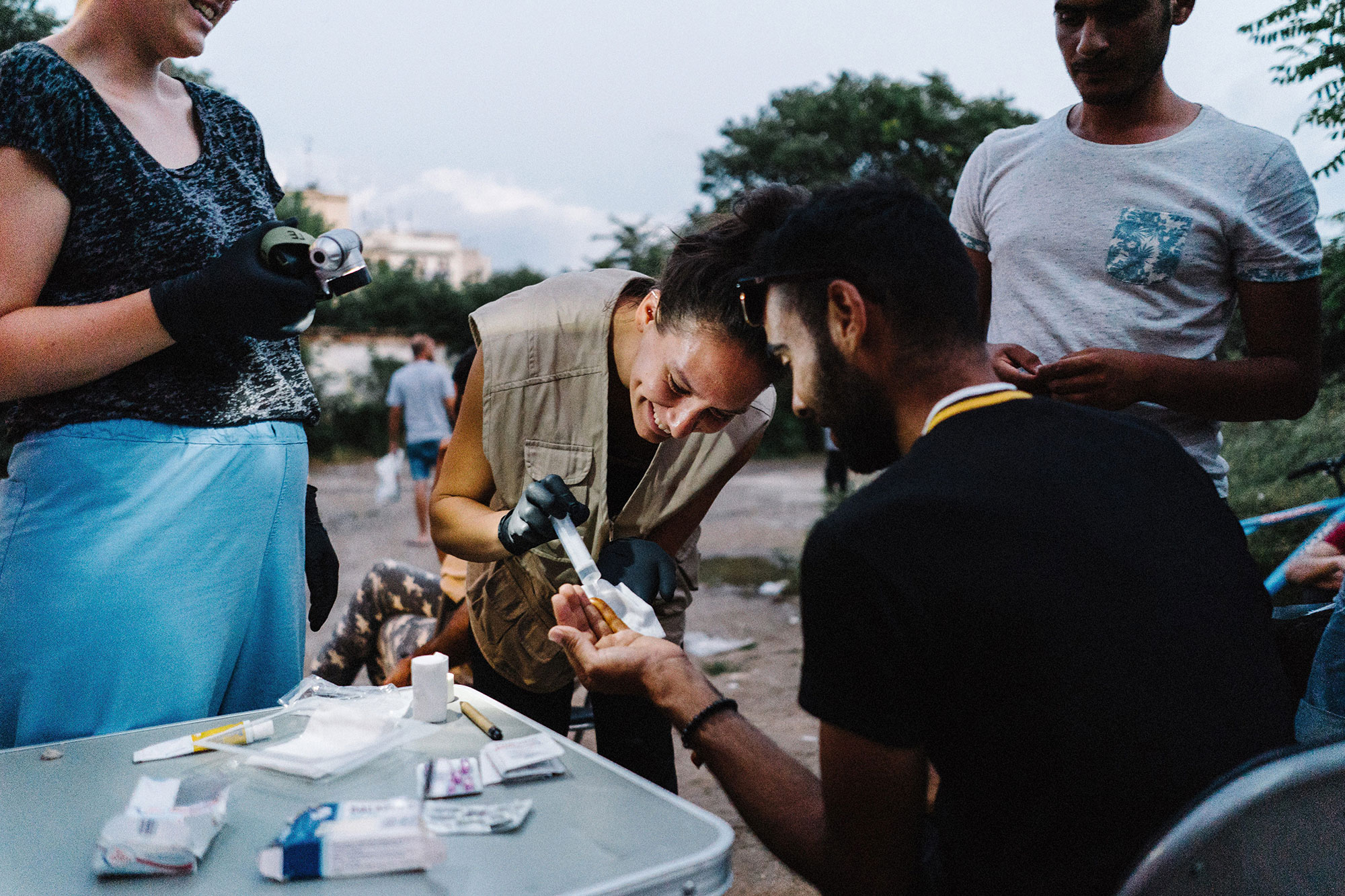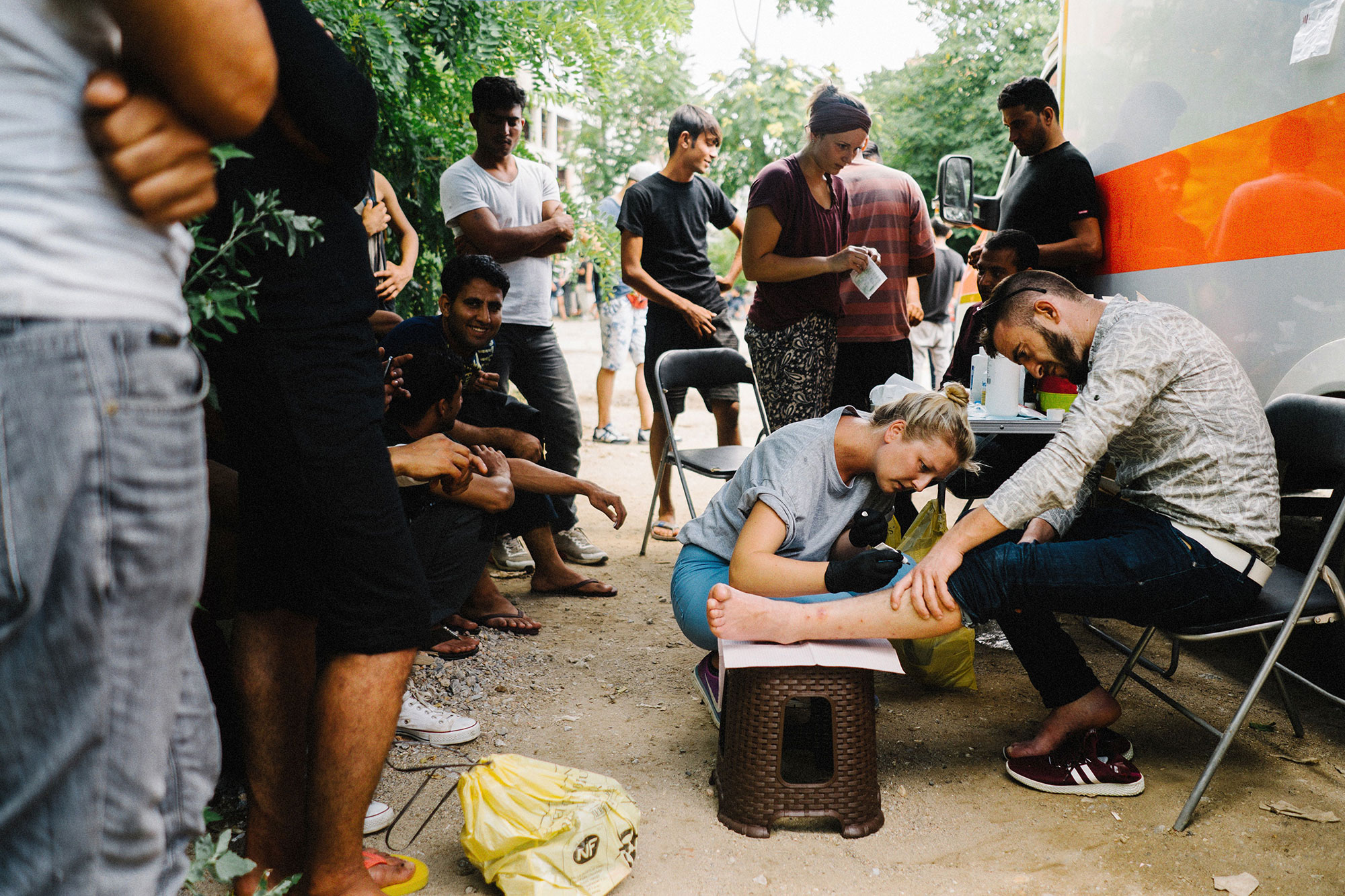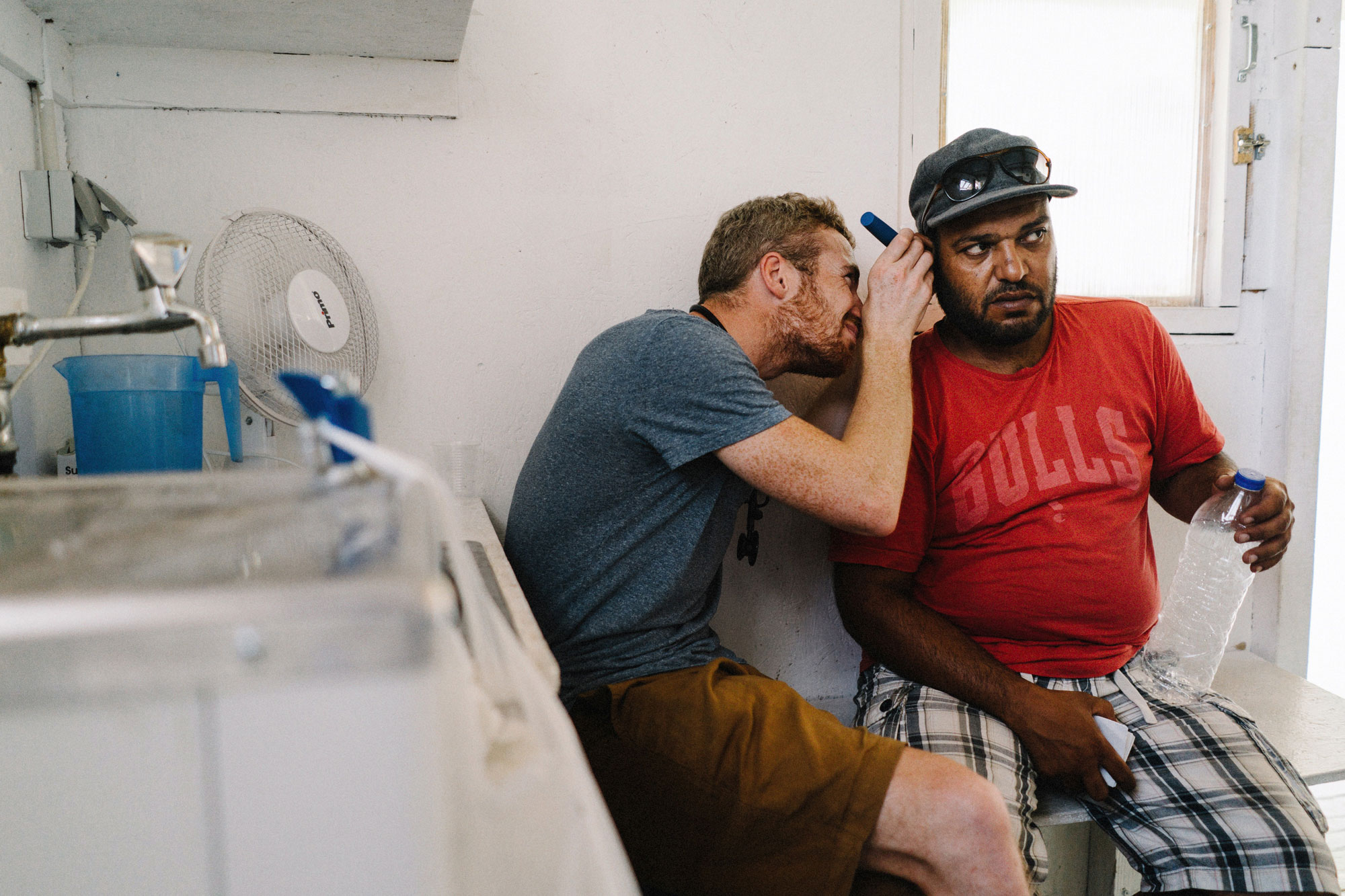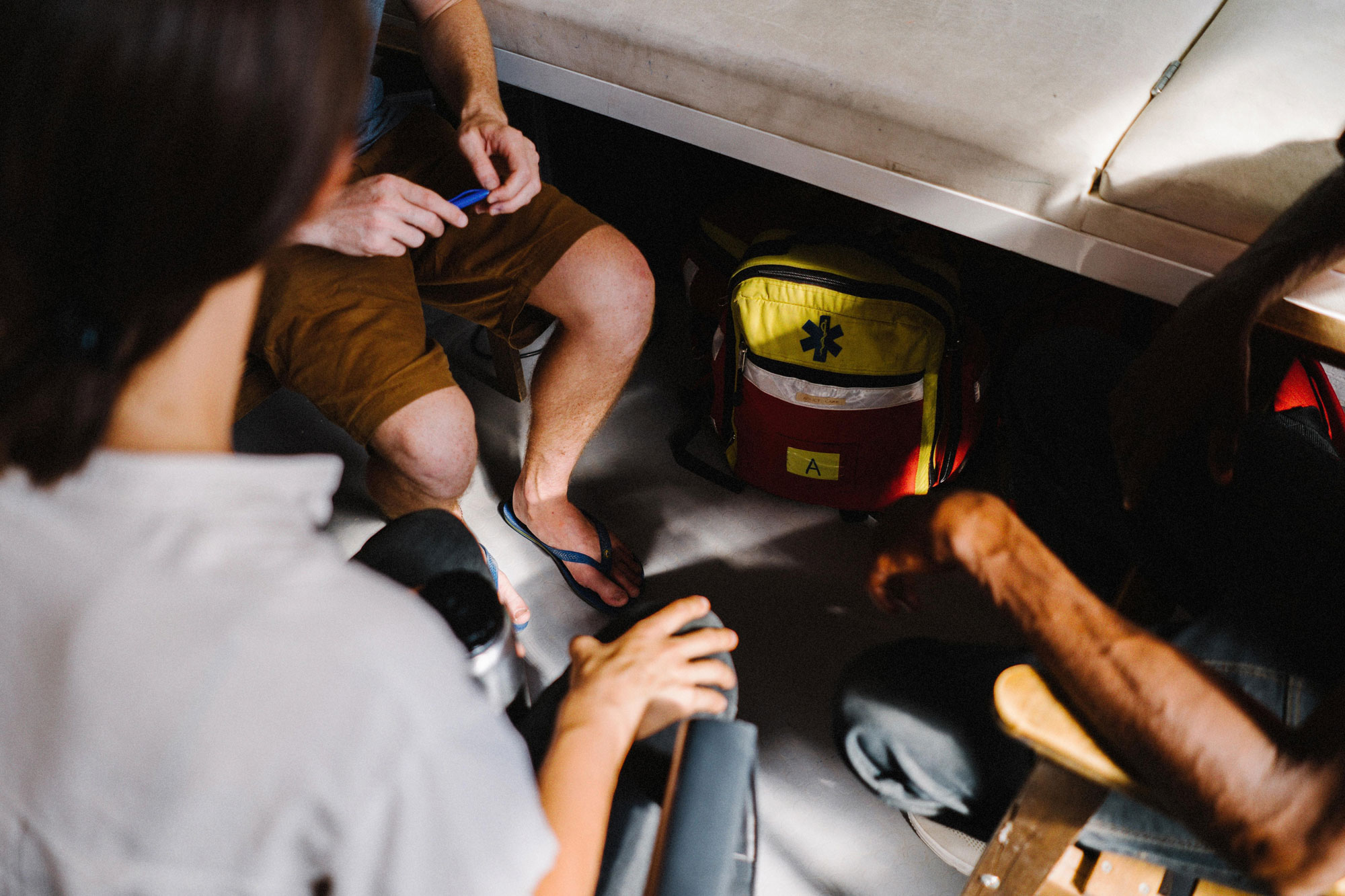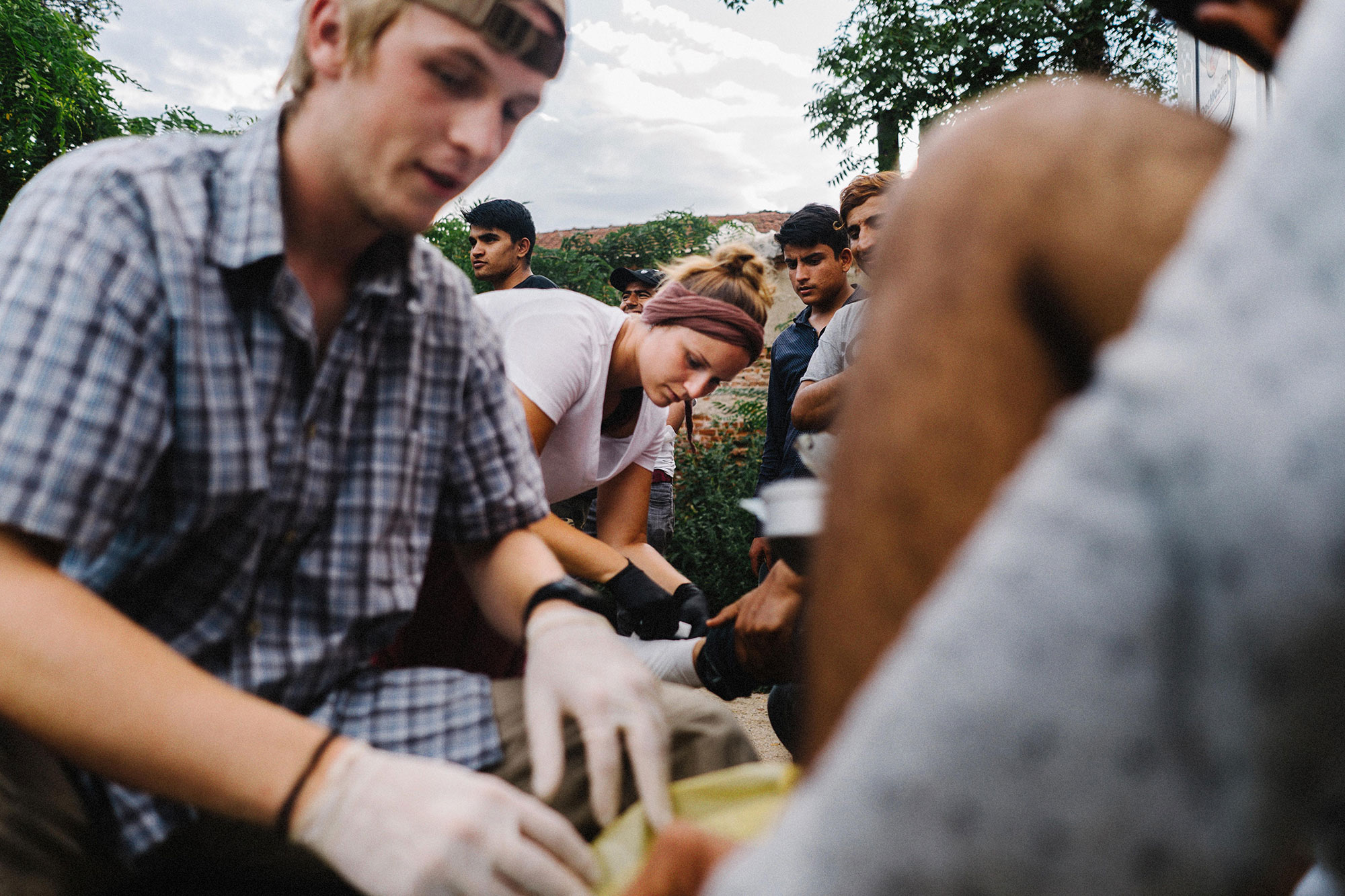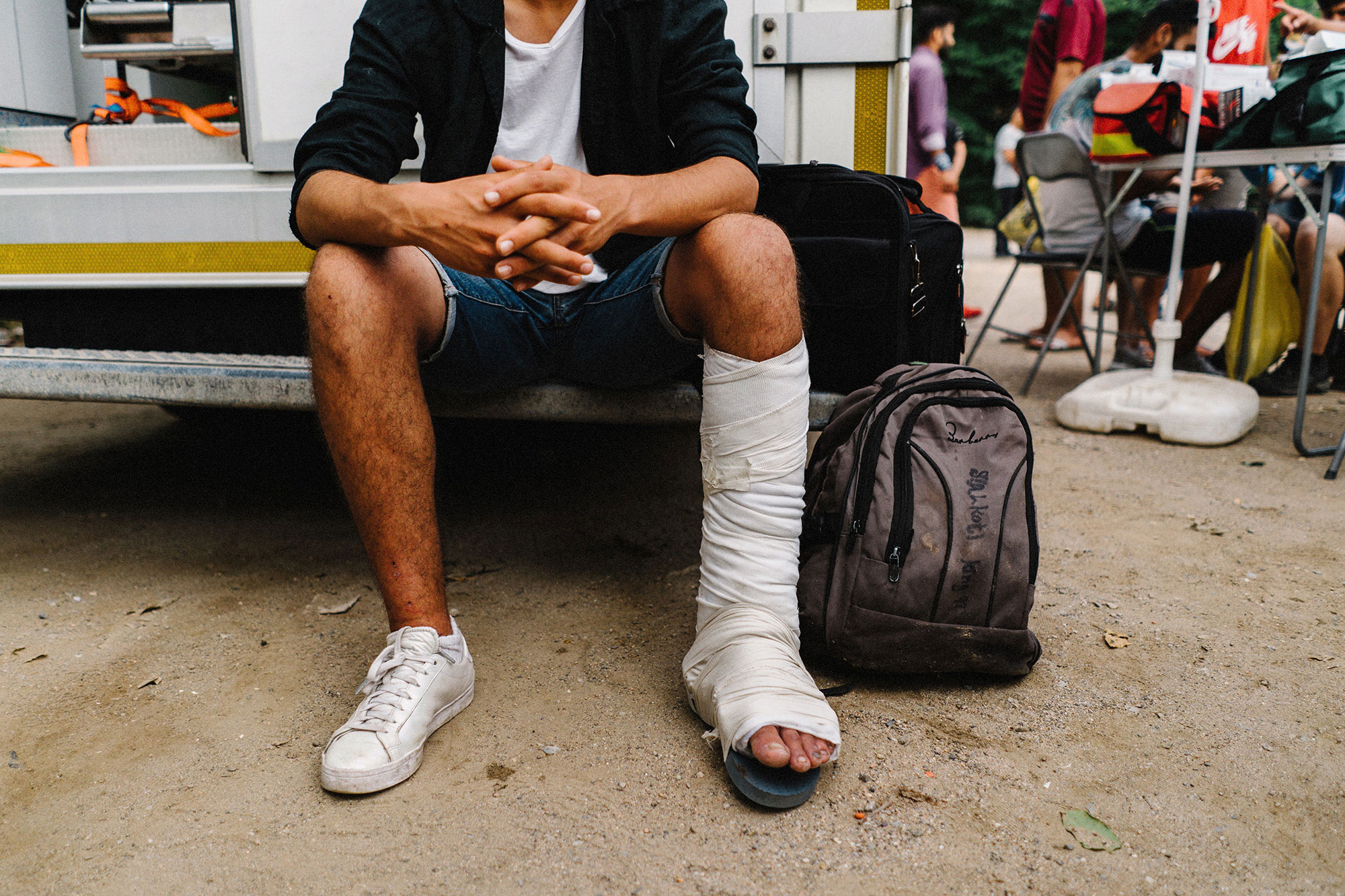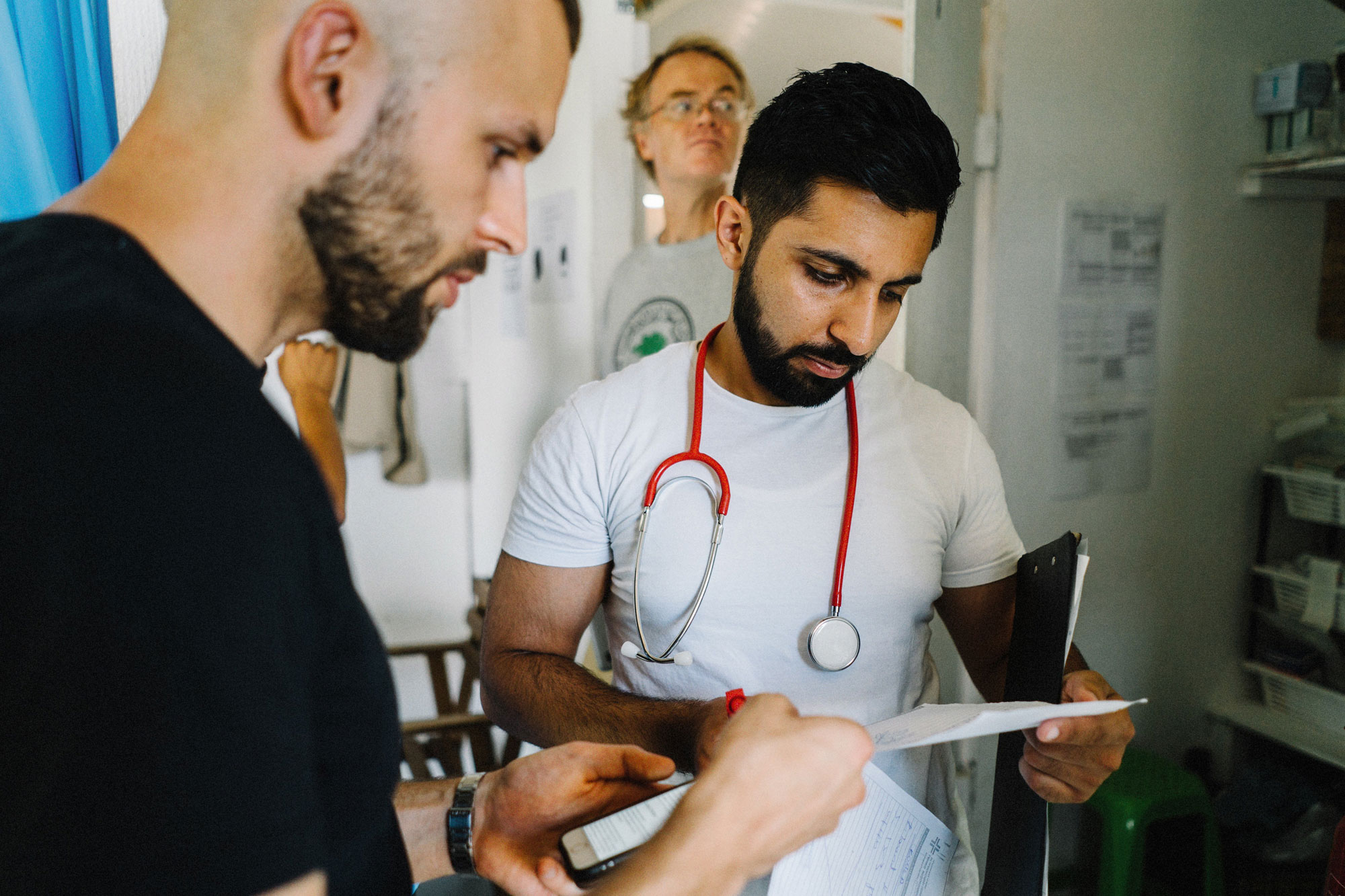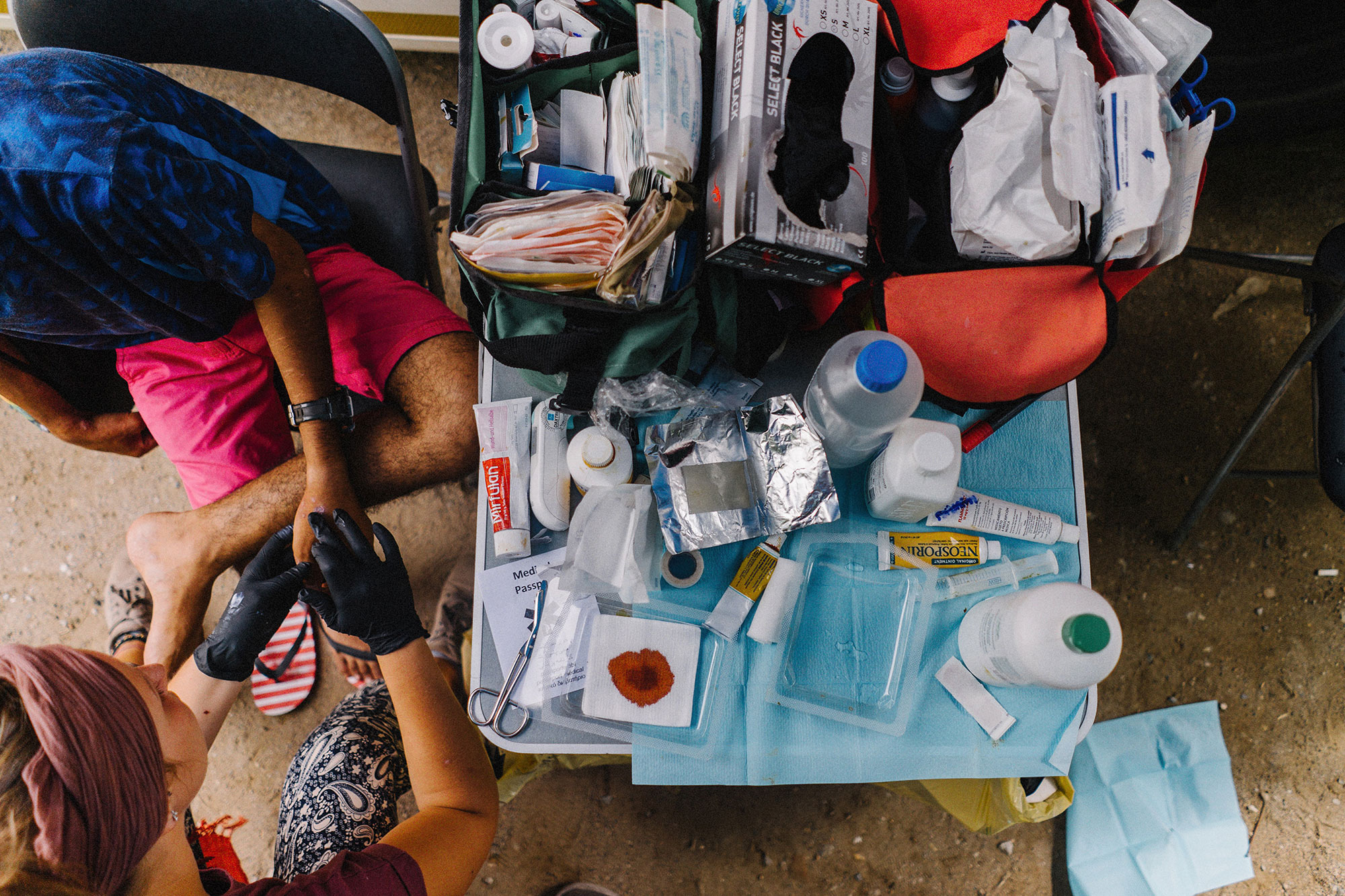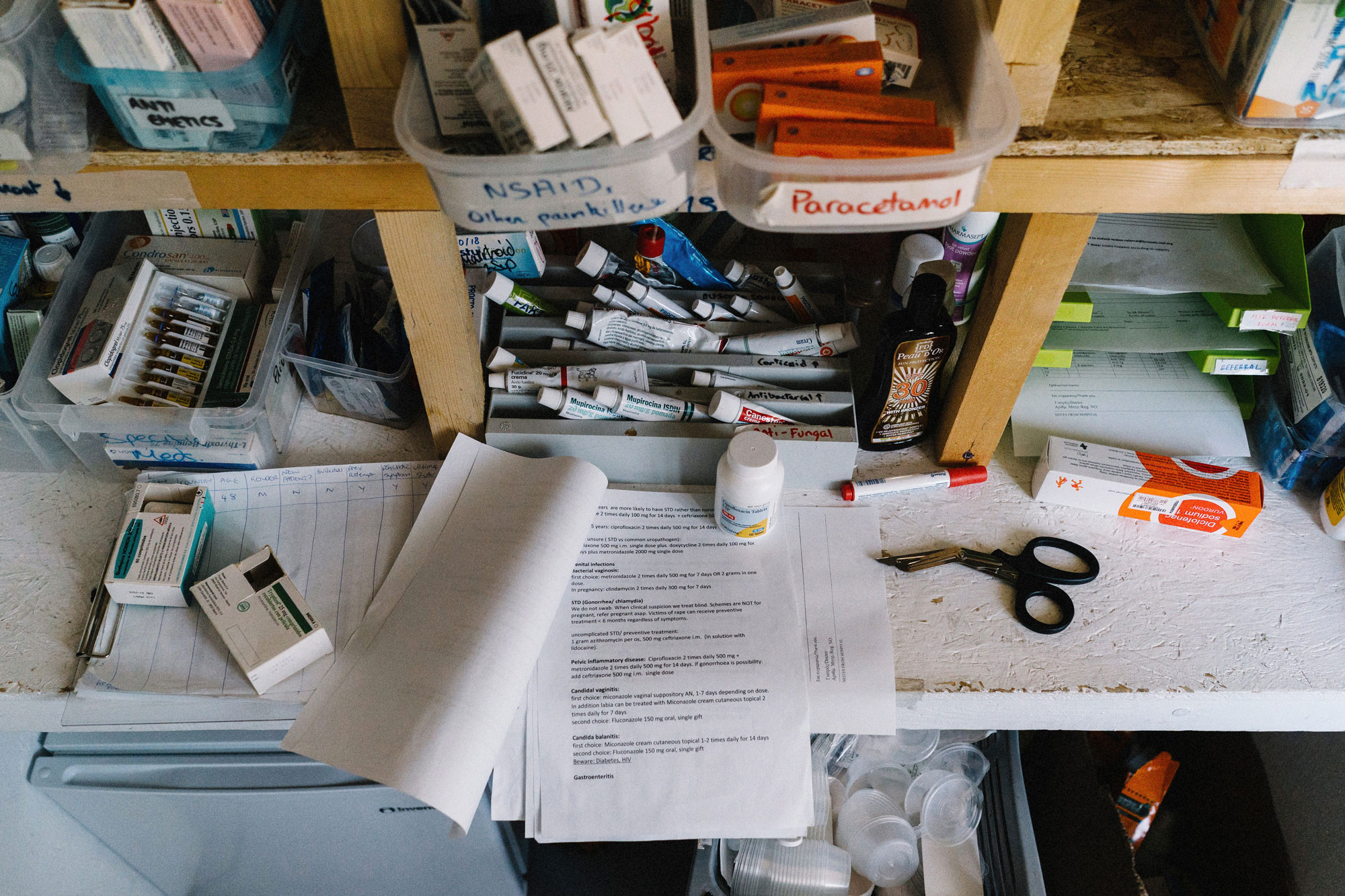Join our Team!
Join our Team
Join our team and work with us to make healthcare accessible to all, because healthcare is a human right.
You can be part of our teams on the ground and provide medical care for people in need or join our back office and support us to run our daily work
What to expect as a volunteer
We are active in various locations – currently in Greece, Bulgaria, Bosnia and on the Mediterranean. Medical Volunteers International is active wherever help is needed and offers basic medical care to people seeking protection and assistance. We treat our patients in our clinics, on the premises of our partner organizations and mobile at refugee camps, in squats and on the streets. Our flexible outreach teams, equipped with emergency backpacks, provide help directly on site where it is most urgently needed.
Flexible team work
All of our decisions are discussed as a team, be it the organisation of Medical Volunteers International or when on-site. All team members are involved as much as possible to improve the situation for our patients. The local team work together to decide which locations to prioritise.
What to expect once you sign up to volunteer
Once you sign up and have a placement location and dates confirmed, we will provide all the information you require, including location, accomodation, insurance we recommend you to have, your team etc… Our dedicated team will make sure that your onboarding experience is as smooth as possible, right up until you meet your team on-site.
Once on-site, our local coordinators are there to support you whenever needed. Teams work closely together, communicating via WhatsApp groups, to provide the best possible care for our patients, but also to support each other and ensure that your volunteer experience is the best it can be.
Volunteer Statements
Xander, Volunteer Doctor, Athens
I first found out about the volunteer project through Indigo Volunteers. I was compelled to volunteer for them because I wanted to try and help where I could with the refugee crisis. I’ve never worked as a medical volunteer before so I wasn’t sure what to expect.
My volunteering experience
I volunteered in Athens for 2 weeks. I was added to the WhatsApp group two days before I arrived which was really useful as Anas, our coordinator, introduced me to the team and let me know where to meet everyone on my first day.
A typical day working as a doctor for the Medical Volunteers in Athens
Each day is actually very different which makes it interesting. Normally, we have a clinic in the morning, seeing everything from babies, pregnant women, adults and the elderly. Most things we can manage ourselves like viral illnesses, chest infections, wounds, scabies, cellulitis etc. Occasionally, patients need referrals for emergency treatment or for specialist care. In the afternoon we normally do another clinic at another location. This varies from squats to other NGOs to refugee camps. In squats we tend to see more skin infections, scabies, head lice etc. In the evening we often eat dinner together or go out for drinks.
My highlights
I most enjoyed working at the Steps clinic, treating the homeless. We saw many very serious wounds and infections that we were able to treat. The place has a great atmosphere and is an amazing project that helps so many vulnerable people.
Lots of the refugees were very well educated and many had high achieving professions back in their home countries. One of my favourite things about volunteering was meeting the refugees and finding out more about them and hearing their stories.
I think my team also made my experience so great! The on-site team was friendly, sociable and we all had a lot of fun working together. I found it very interesting working with healthcare professionals from different cultures and backgrounds – it was fascinating to see how they practice medicine and we were all able to learn from each other.
Final thoughts…
Volunteering in these amazing teams has made me realise the huge scale of the refugee crisis, has helped me appreciate how helpless many of these displaced people are and how much help they still need.
Teresa, Volunteer Medical Assistant, Athens
I came across the Medical Volunteers on social media. I was looking for volunteering work experience and what I liked about this project was that they didn’t have a minimum time frame, which is perfect for me as a student. I’ve worked as a medical assistant before but never outside of the US. The project in Greece would be a new challenge for me.
My first day on-site
I remember my first day on-site was working at Onifita camp. I was a little nervous as it was my first time volunteering abroad and in this environment so I didn’t know what to expect. I was working alongside a few Hungarian doctors who were very friendly and nice. They explained to me all the different conditions they saw and how to treat them.
My highlights
My most impactful experience was to meet and get to know the refugees and hear their stories. Most of them are extremely intelligent and very engaging to listen to. A lot of the time our patients were children and babies, which was a challenge I really enjoyed.
My overall experience
I think the overall experience is very eye opening. I got to work with refugees that are in camp on the street and in different squats. The situation is more dynamic that what I previously understood. In my short time volunteering, I worked with a whole range of nationalities – Irish, Hungarian, British and German. As a student, the opportunity to learn and observe how different doctors from different backgrounds practice their skills was really fascinating. It also gave me a chance to see how practice in an NGO setting is very different than in a hospital or clinic setting as we often don’t have everything and therefore need to find substitutes.
Dana Rütters, Paramedic
I am a paramedic. In October 2018 I was in Thessaloniki for the first time. Unregistered refugees have no access to medical care in Greece. That’s why one focus of the work was the treatment of their health problems. My main task was the treatment of infected wounds, cuts and the consequences of long marches on the feet. During my time in Thessaloniki, I have seen the importance of continuous on-site support in a network with other organisations. I have met dedicated people who try to help refugees in need even under the most difficult conditions. This often involves more than just medical care. Water in summer, warm clothes and sleeping bags in winter, food and the opportunity to meet, to talk, to sing together are equally important needs. Trying to fulfill these needs is also an important part of the on-site work. For my life, being a part of this team of helpers has been a formative experience. I hope there will be many volunteers in the future to continue the work.
Reto Thalmann, Doctor
In the years 2017 and 2018, I spent about two months each year as a doctor in our clinic on Lesvos. It was shocking for me to see how the situation for the refugees on the island had worsened during this time: the Moria camp was overcrowded, people reported violence, daily fighting, and fear for the safety of their children in a place that was supposed to provide shelter. There was also uncertainty about their future and the outcome of the length of the asylum procedures. We saw the increasing despair of these people and how depression, stress disorder, trauma and psychosis developed under these conditions.
What we could do in this desolate situation was to take time for our patients, listen to their stories and take them seriously as people – and not treat them as anonymous numbers in an administrative file, as often happens in asylum procedures. Even though this did not solve all our problems, we experienced little moments of hope and joy with our patients.
Maria Fix, Nurse
My name is Maria and it’s my second time working as a volunteer nurse on Lesvos. As I previously volunteered here for only two weeks, I felt, I needed to return for a longer period of time. The clinic is part of One Happy Family, a community center sited approximately an hour’s walk from the Moria camp. In this surrounding, we try to give our patients a safer place with variety of activities. For us it is important that we take as much time as is needed for a every consultation. Sadly it is not often possible for other places in the camp. Every day we see approximately 40 patients, with conditions ranging from coughs and colds, to severe mental health problems. For us it doesn’t matter why they come, everyone deserves the same respect.
I have already worked twice in Thessaloniki as a health and pediatric nurse. The fact that people in Europe do not have access to medical care is something I have never thought to be possible. My last two-month stay has shown me once again how important our work on-site is, because without the mobile team many people don’t get access to the healthcare system and are left alone with their physical and mental injuries, some of which are severe. But sometimes it is only the small things like toothbrushes or toothpaste that seem to be so normal and irrelevant for us that put a smile on the faces of the refugees. I also remember a 14-year-old homeless boy who had no one to take care of him when he was suffering from a severe feverish infection. Even though you have to improvise every day and are confronted with very tragic fates, it has been a very enriching experience, because the help you give there arrives exactly where it is needed most. My stay on site taught me not to take everything we have for granted, but also that there are people who live under miserable conditions, and that I have the opportunity to support these people and therefore see it as my duty.
Gesche Bonas
After completing my medical studies, the support of the organisation on-site in Thessaloniki was an instructive, interesting and exciting experience that I would not want to miss. Medical Volunteers International e.V. offers refugees a low-threshold access to medical care, which is especially important for new arrivals, unregistered and/or homeless refugees, because they have limited access to regular care. I find it important to get a picture of the political and everyday situation on the ground and can recommend it to everyone.
Frauke Lukaszewitz, Nurse
I am a paediatric nurse, coming from Germany, Stuttgart and have been to Athens as a volunteer. The work in Greece is very important because otherwise most refugees over there wouldn’t have access to any kind of health system and medical care.
With the work in an international team you can expand your mind, get to know wonderful people and achieve a lot with small actions.
Jana Baum, Assistant Doctor
I am an assistant doctor of internal medicine in my fourth year and was in Thessaloniki for the first time in November 2018.
I worked mainly in the “carpark”, where the homeless refugees, most of whom had just crossed the border, are cared for. The ambulance, loaded with all kinds of bandages, medication, medical balms, water, and some volunteers, goes from Diavata to Thessaloniki once a day during lunchtime.
When they arrive at the parking lot, familiar faces of young refugees help them to unload and set up. Then everything starts: inside the patients are treated by doctors (if those are available), and outside the wounds are treated. The volunteers include doctors and nurses as well as physiotherapists and medical students, which is a great benefit.
In my opinion, the project starts at exactly the right place because it offers so much more than basic care for the refugees. In times of increasing resentment, the aid organisation offers the opportunity to create access to each other. We cared for an average of 50-70 displaced young men daily with about 6 predominantly female employees. Many other refugees also come because the ambulance car is used for serving food, dancing, joking and making music.
The interpreters do a fantastic job, the attempt to break through language barriers on their own often ends in warm laughter from all sides. I will definitely return next year. Personally, it is an enrichment for my work here and for my life.
Felix Merdian
I spent 3 weeks in Thessaloniki where I treated displaced refugees with other great volunteers from around the world. The patients, mainly young and male, lived on a deserted construction site or were just travelling through. They had no access to medical care and were dependent on us for medication, medical supplies or referrals to specialist care. Some of the refugees I met became my friends. They are young adults like me hoping for a positive and peaceful future. They don’t deserve to be left alone in the way they are right now.
Make a difference with your donation!
Donate now!
Why donate? We rely on donations to buy medical equipment, disposables and medication. We keep our overhead costs to the absolute minimum. With your support we are able to provide primary health care to displaced people where no one else does. Approximately 50% of our patients are unregistered refugees and are not eligible for local health services. This is why our work is so important!
Donations Account
Medical Volunteers International e.V.
IBAN DE08430609672076077900
BIC GENODEM1GLS
GLS BANK
Donations via Paypal
please use the Tool of the GLS bank and leave your emailadress there!
We are happy about every donation that helps us fulfil our lawful purpose, namely helping people in need! If you make a donation intended for a specific project or for one of our locations, we will make every effort to use it for that purpose.
If this is not possible, your donation will be used for other projects or locations that are also in need of funding.
The easiest way to help us is with a so-called “general” donation, i.e. a donation that does not have a specific purpose.


